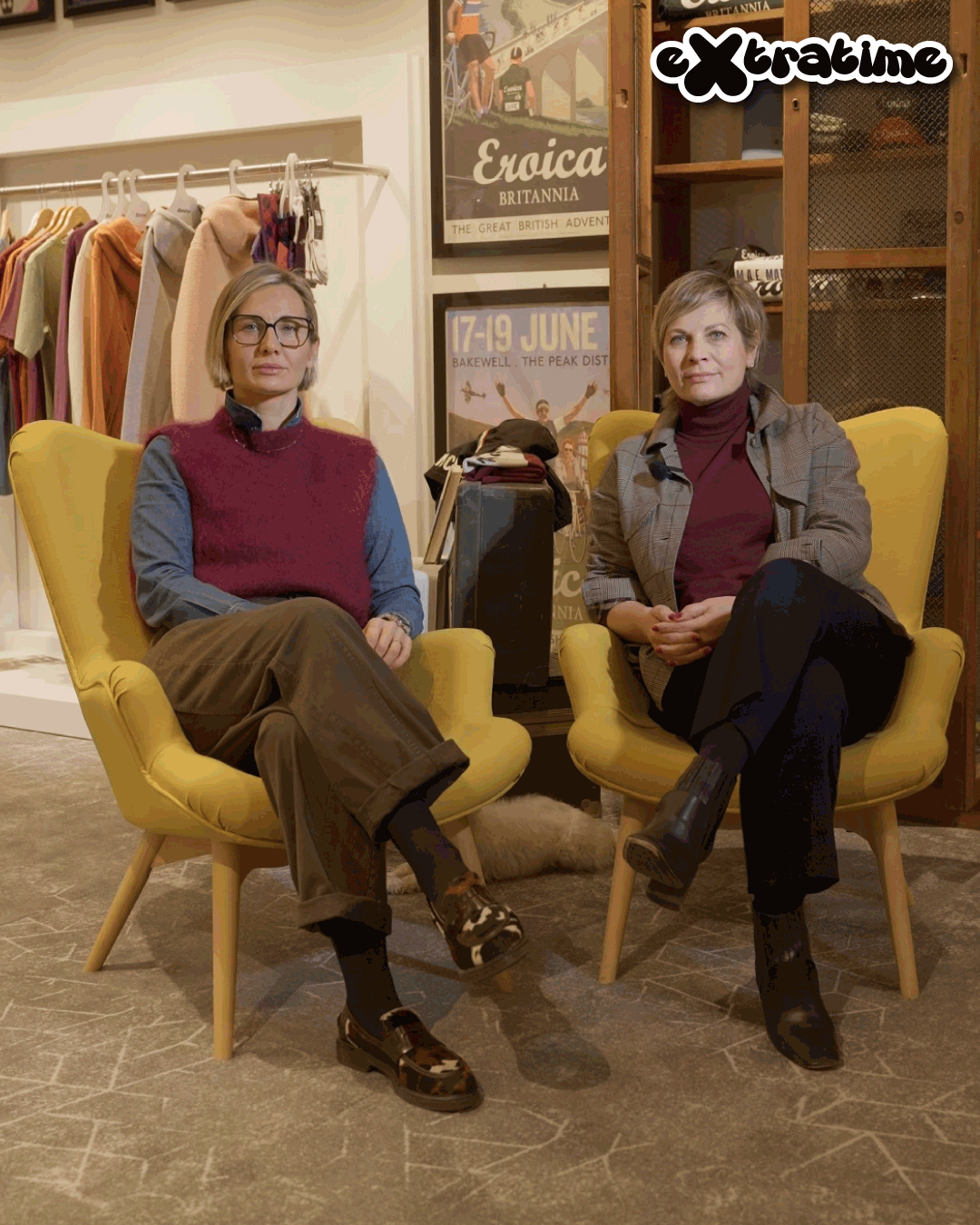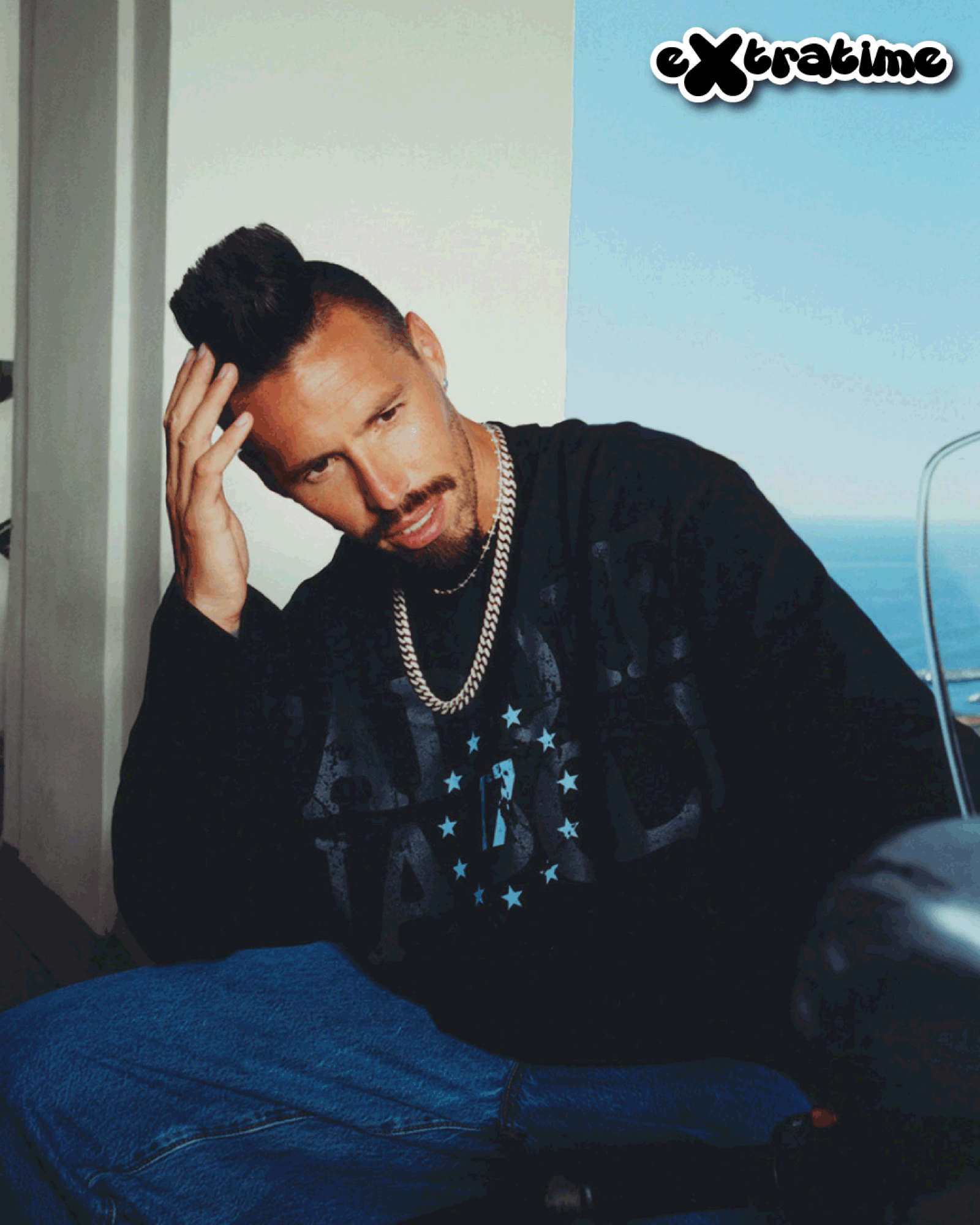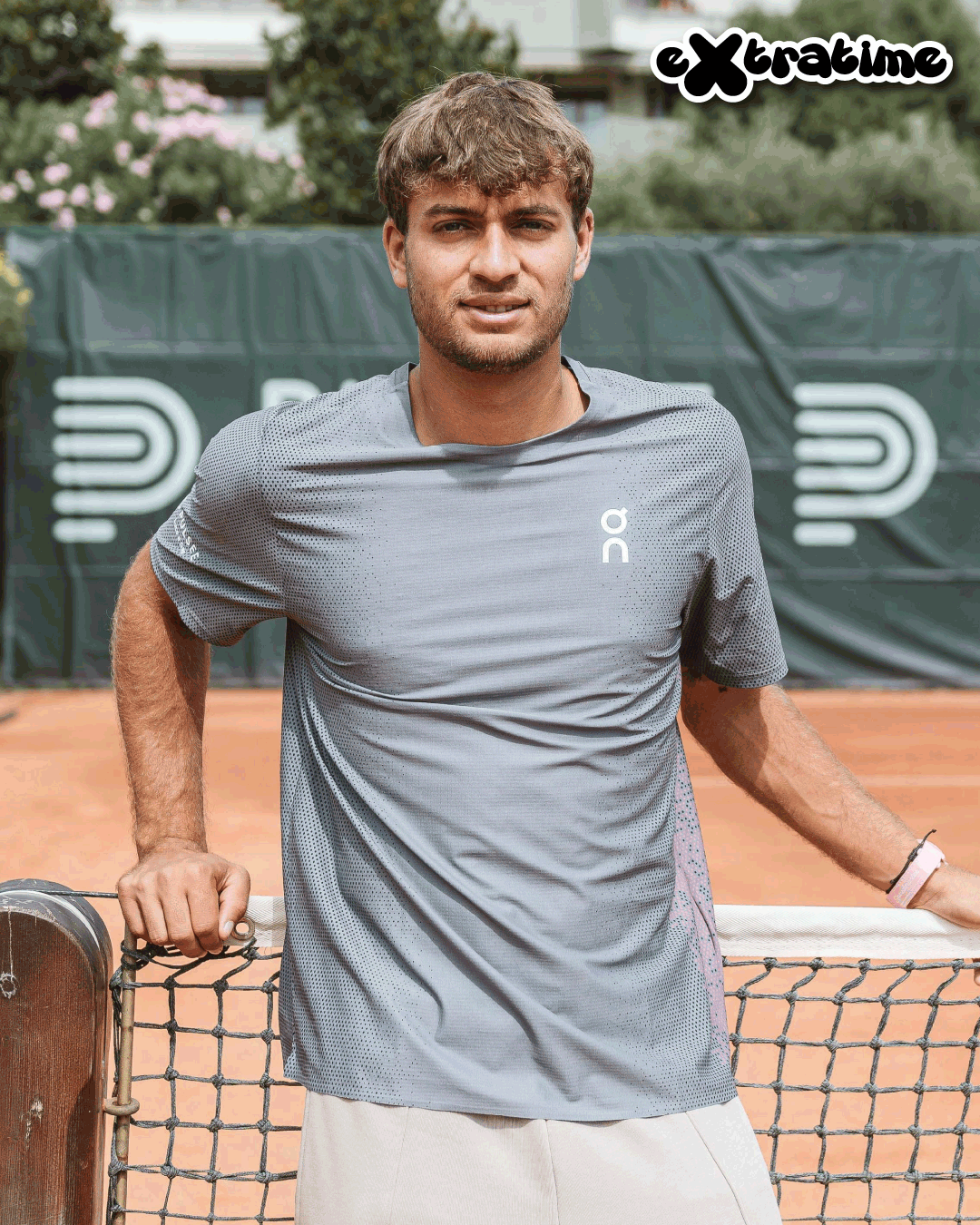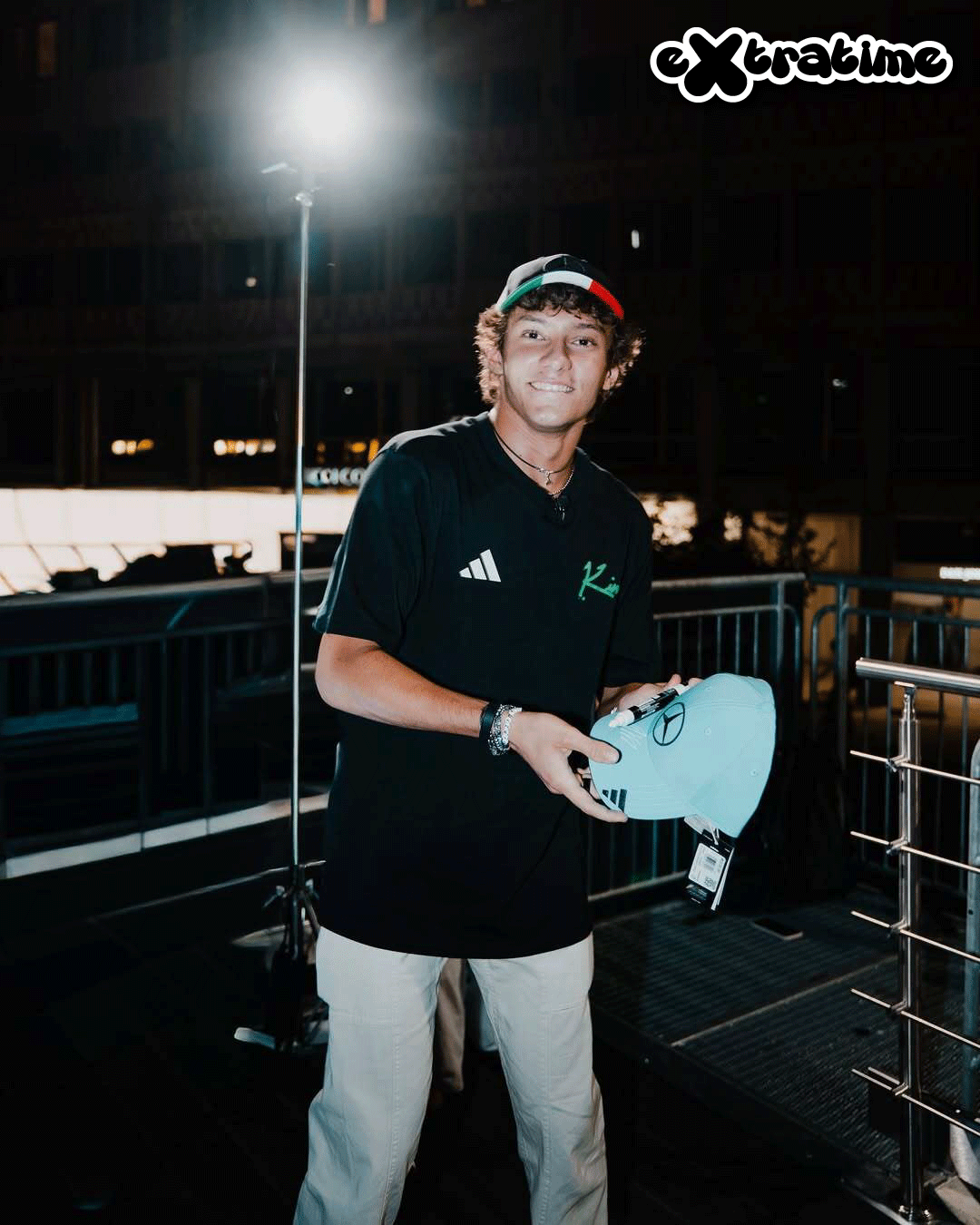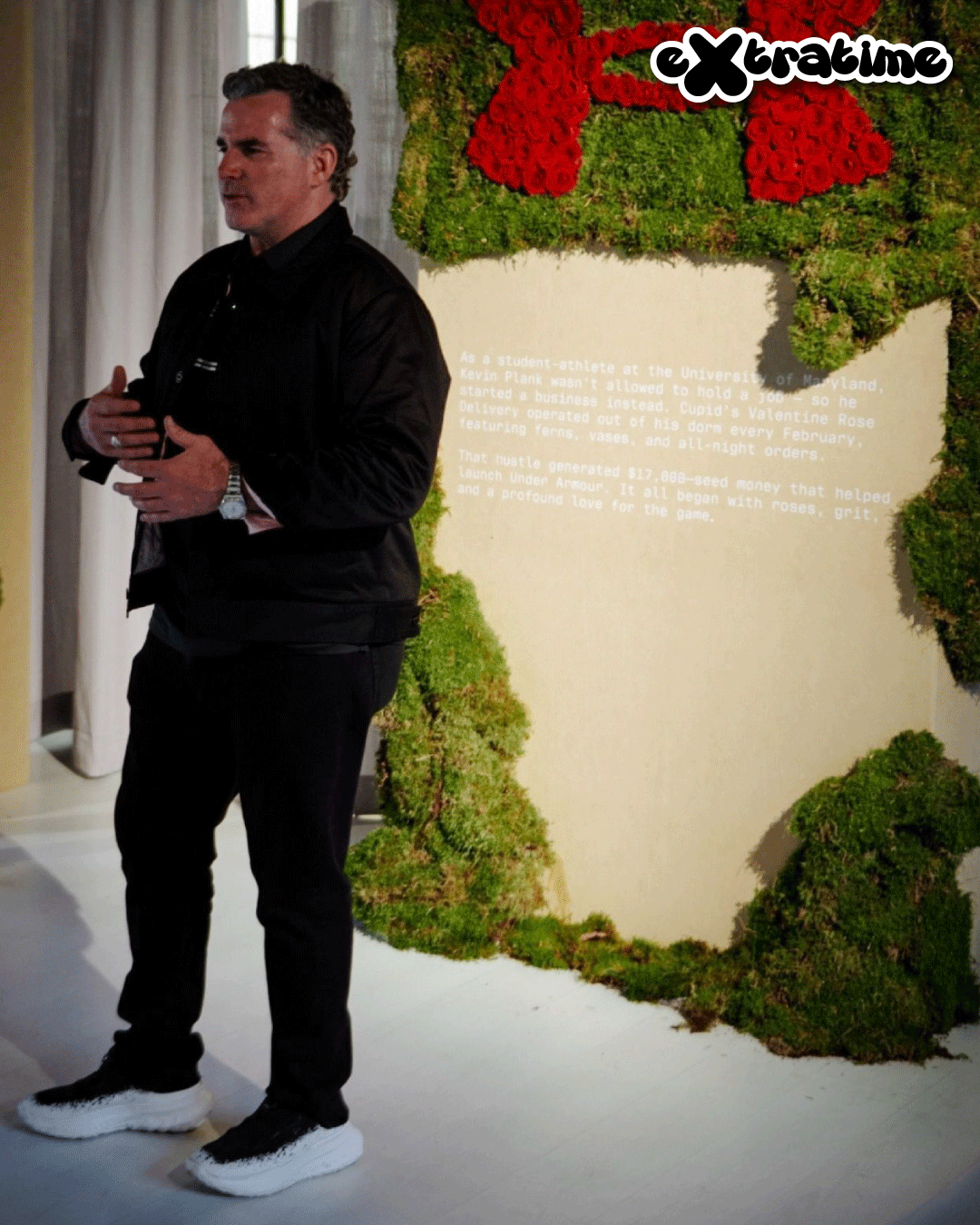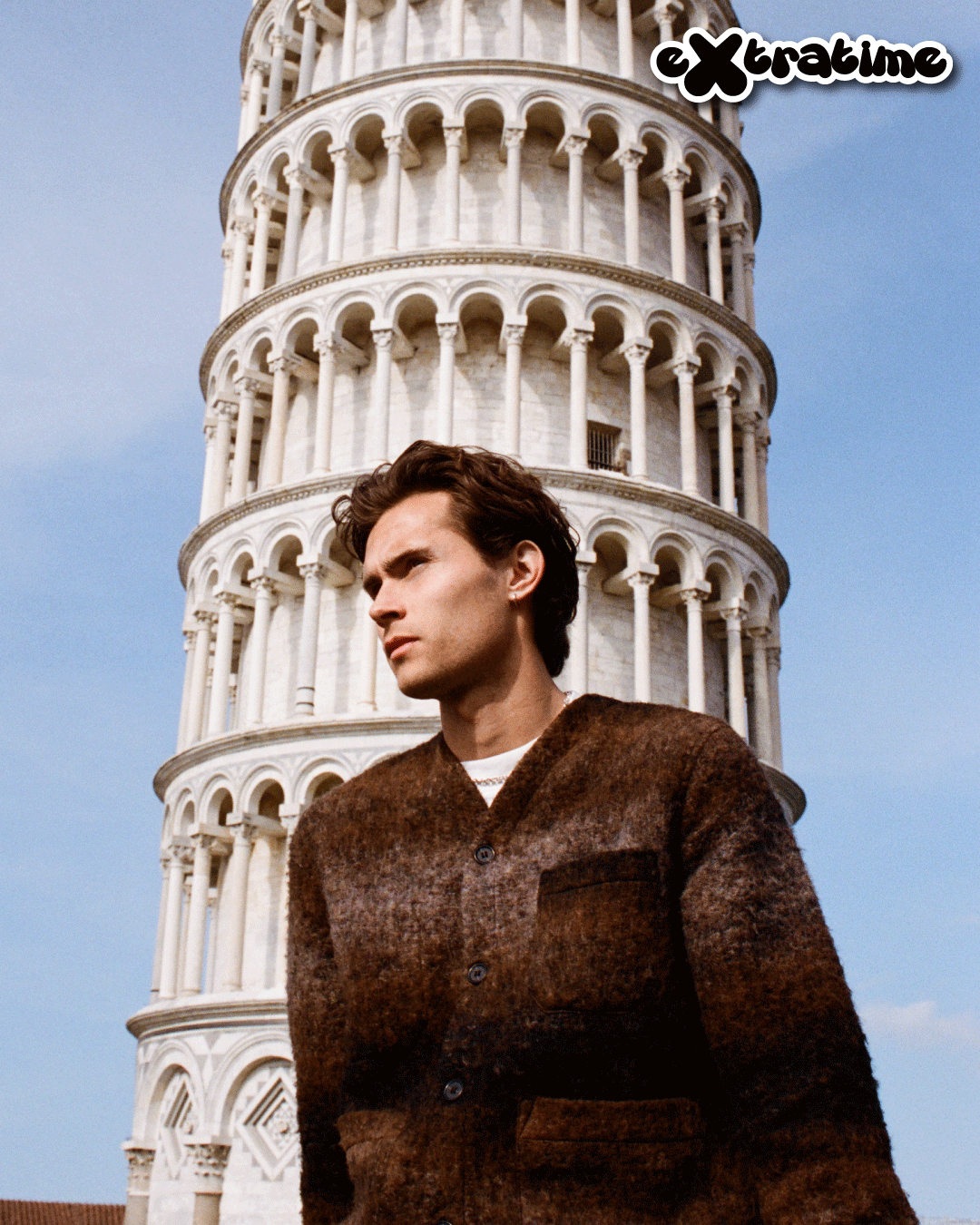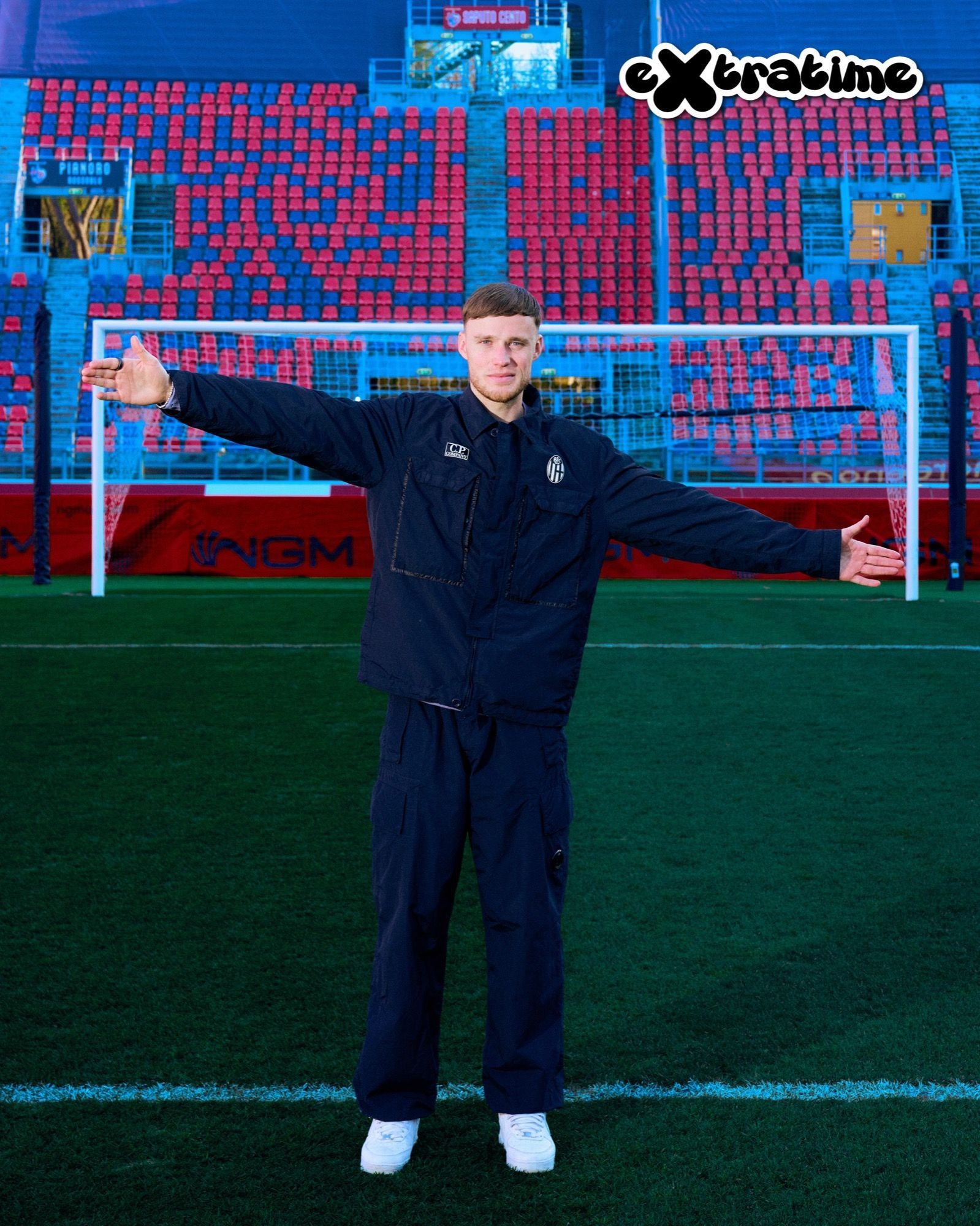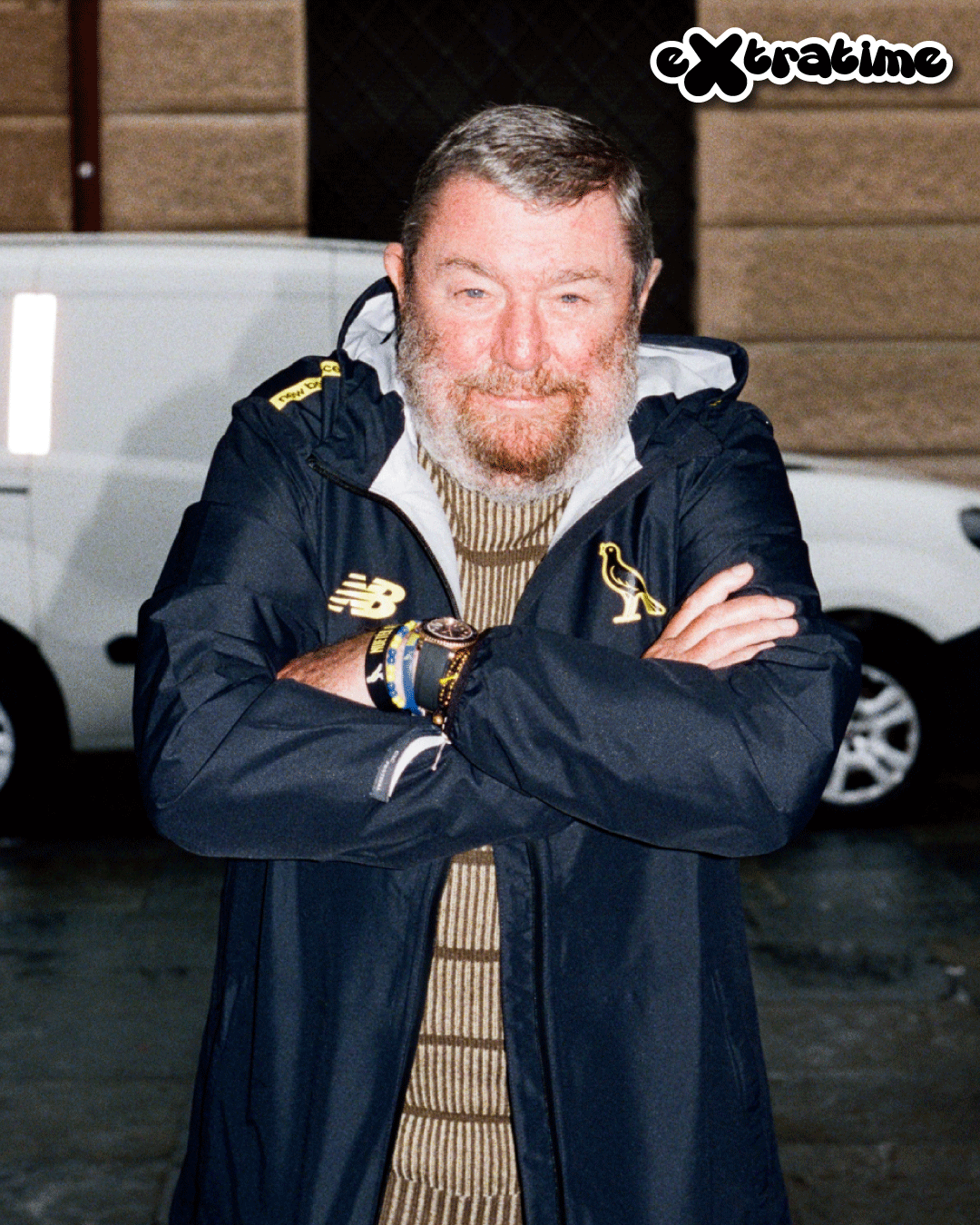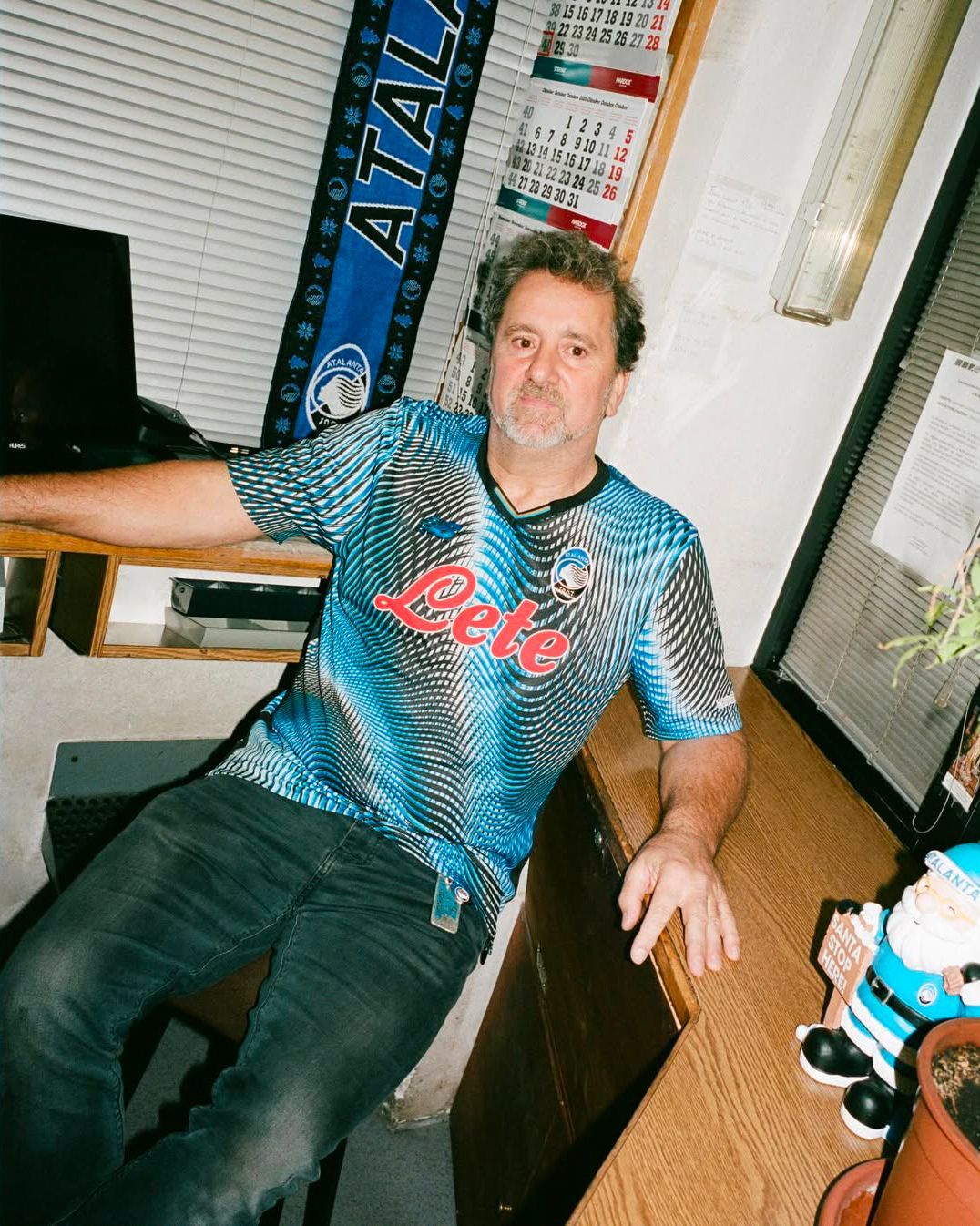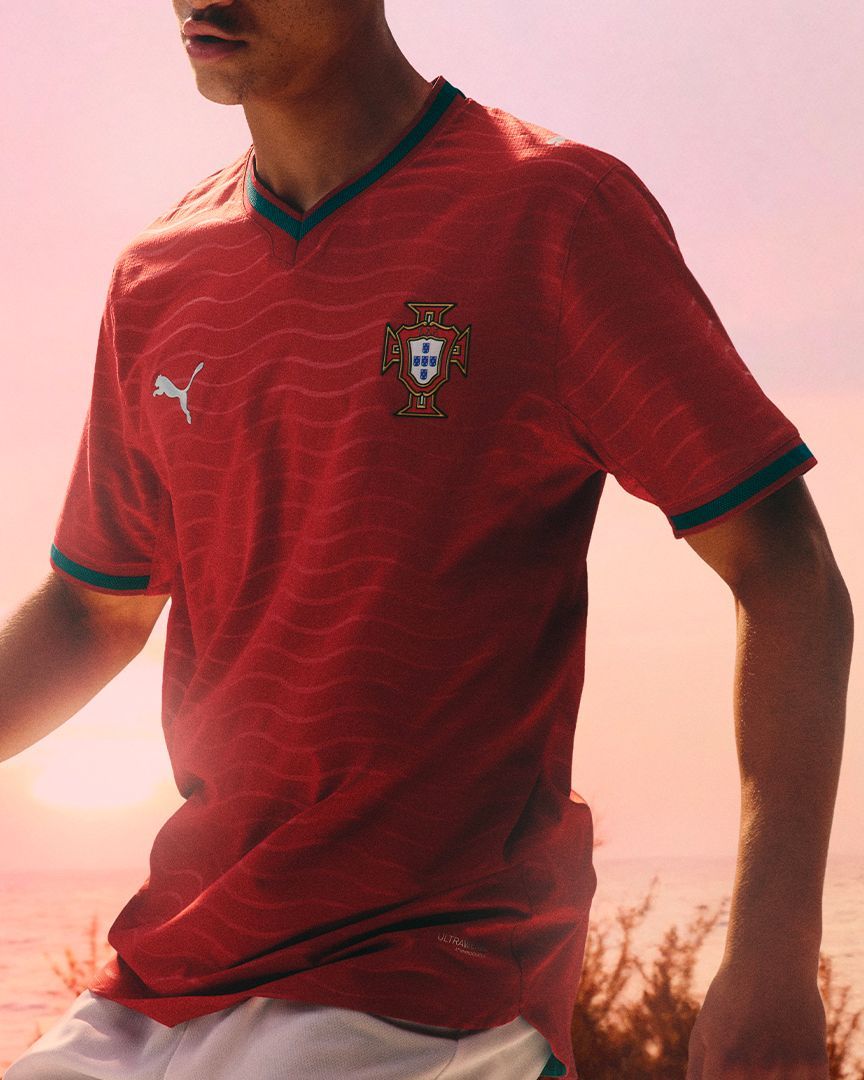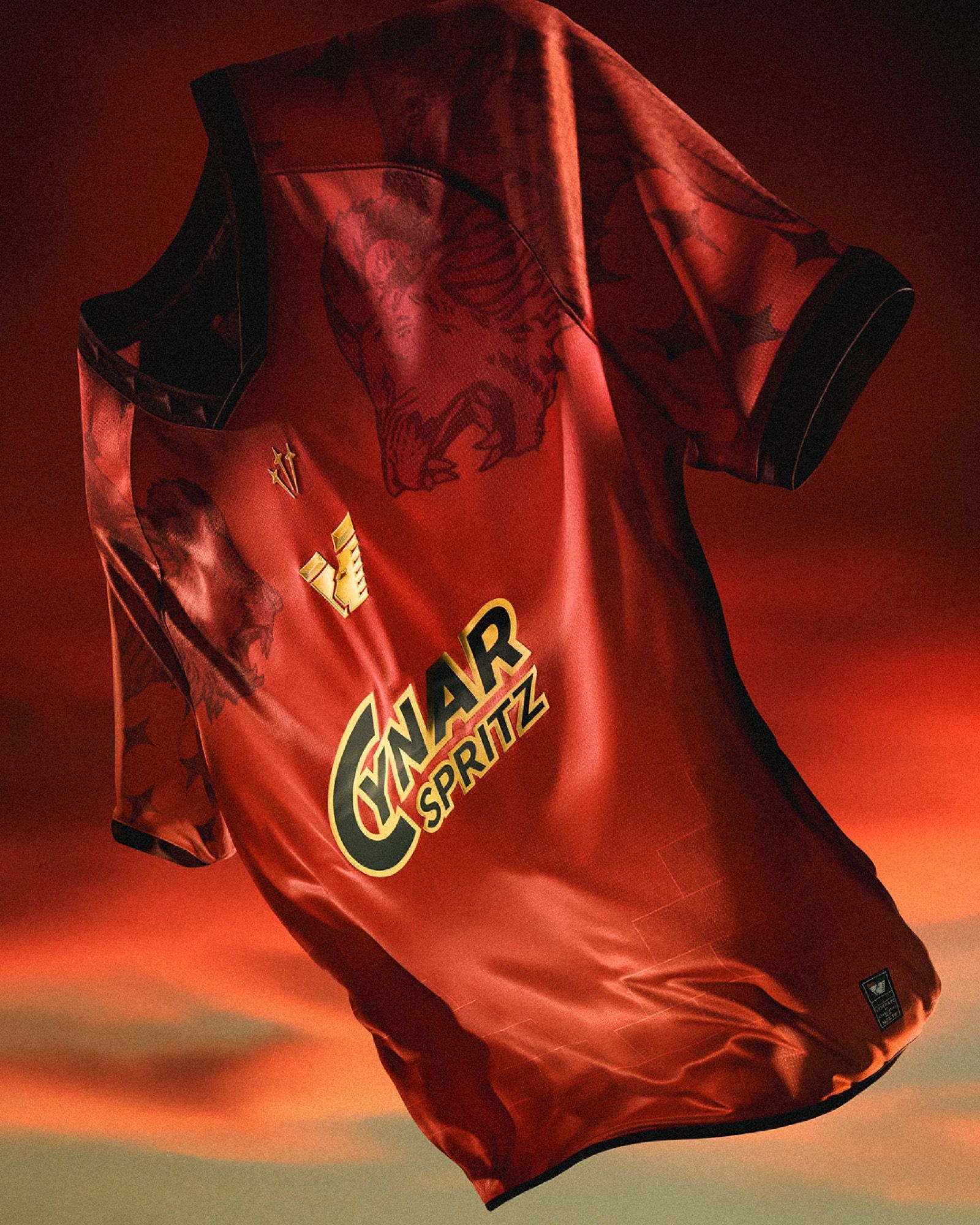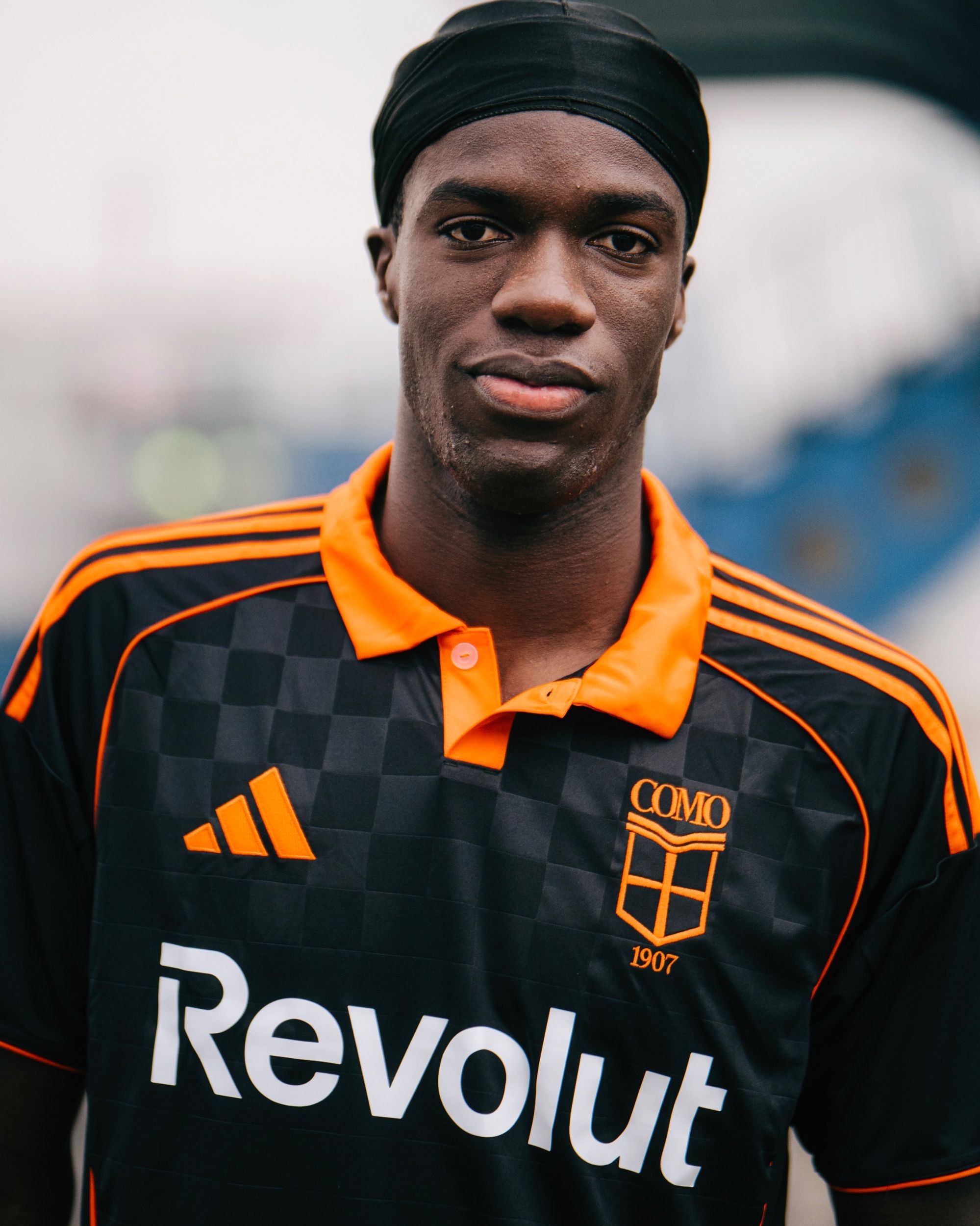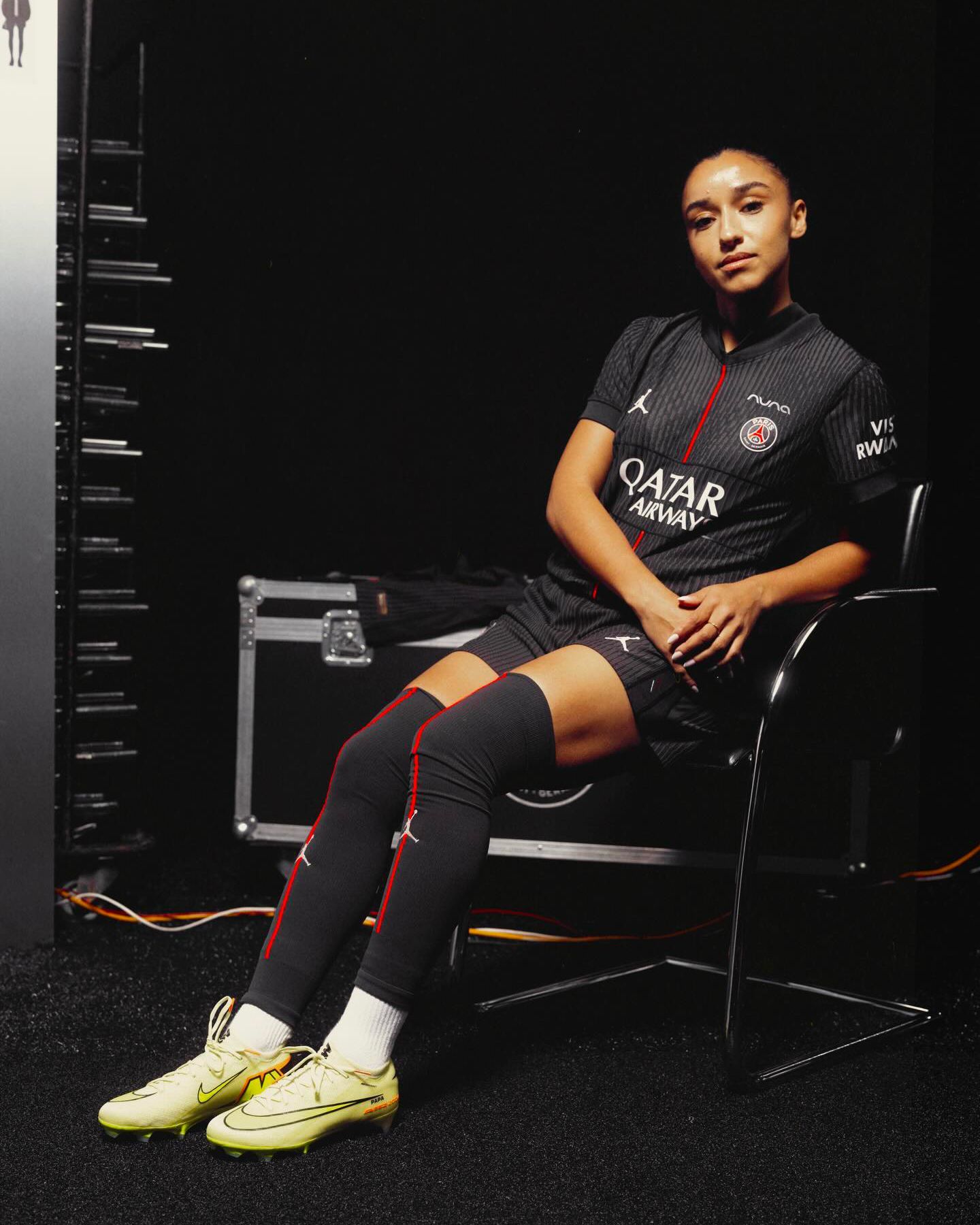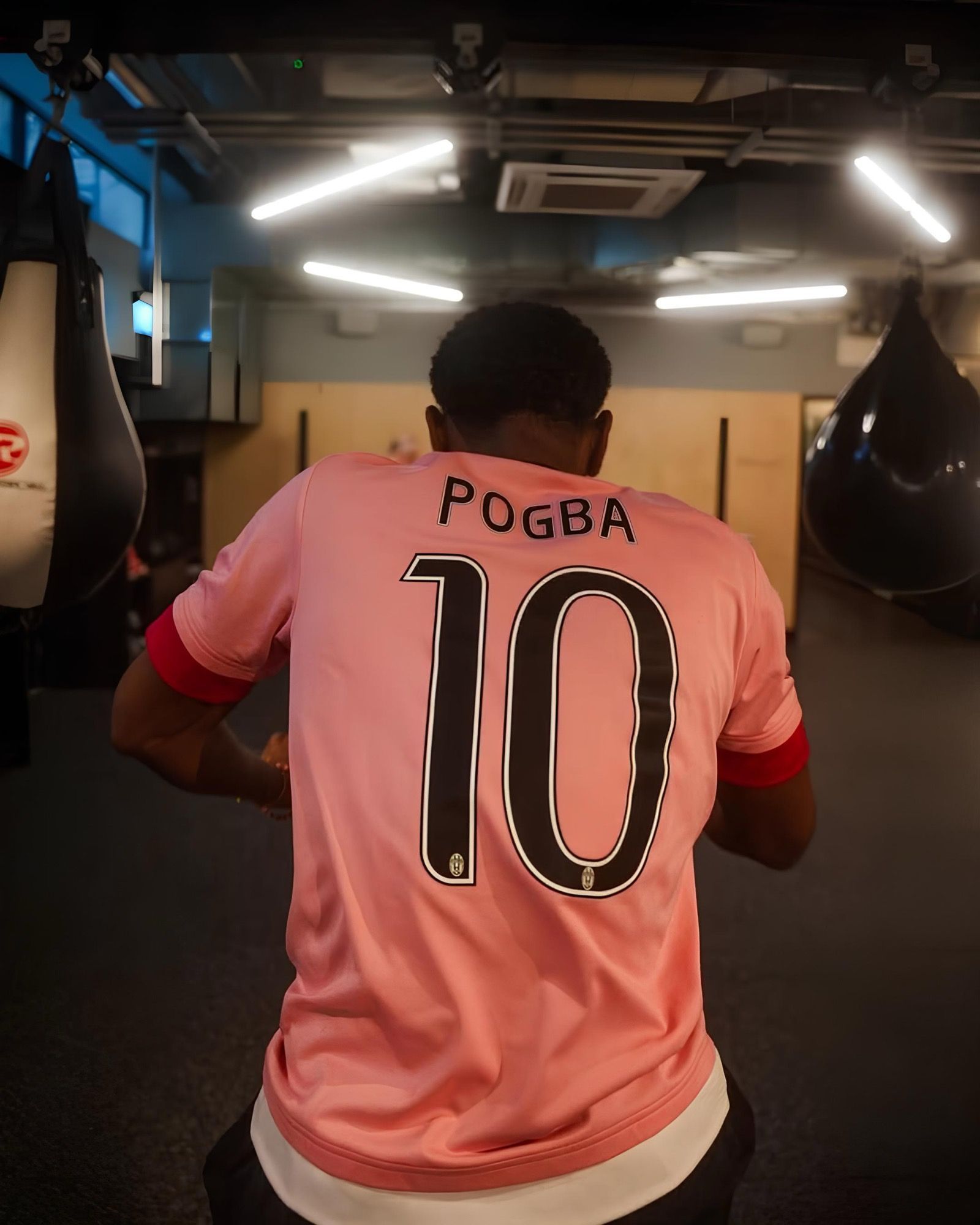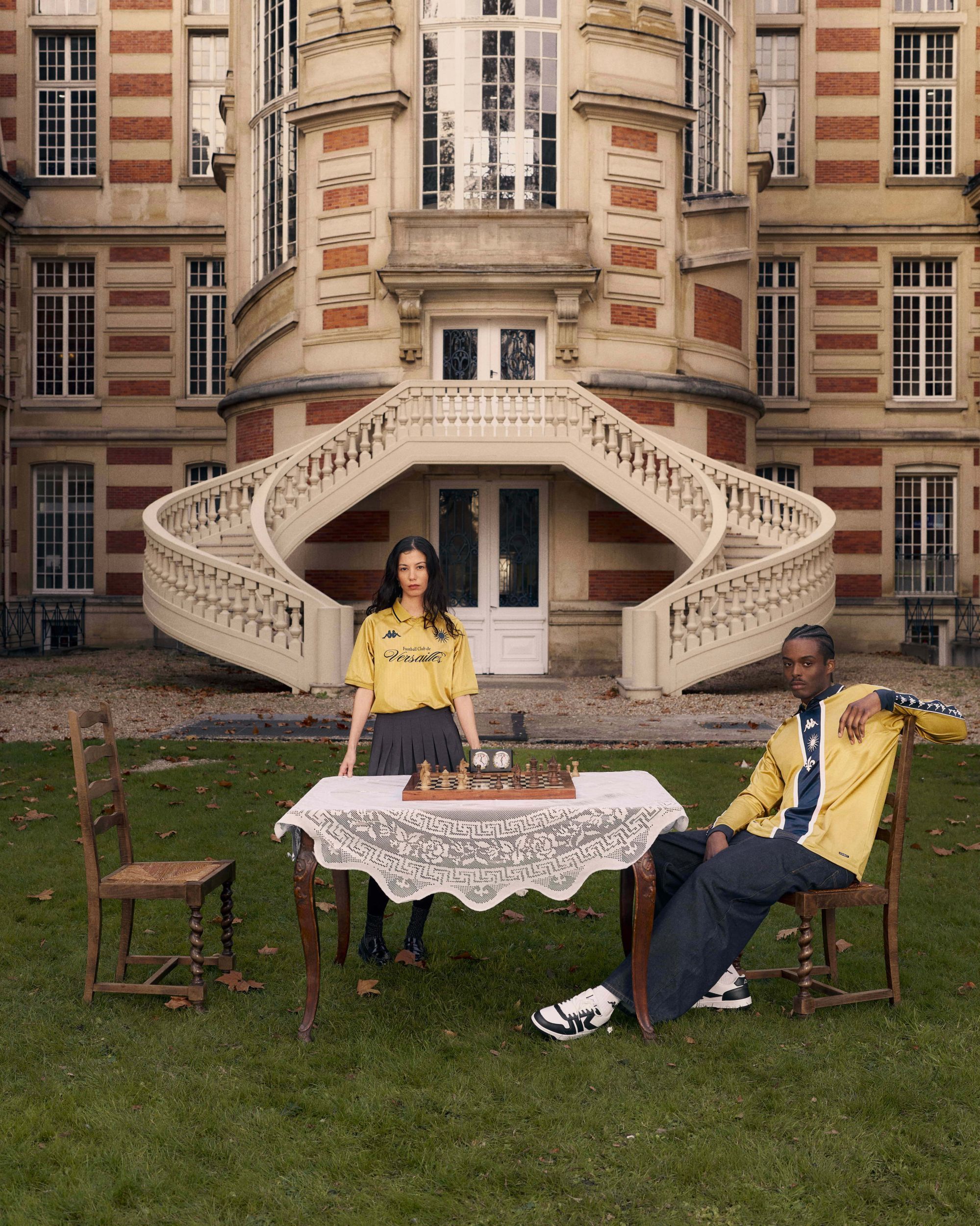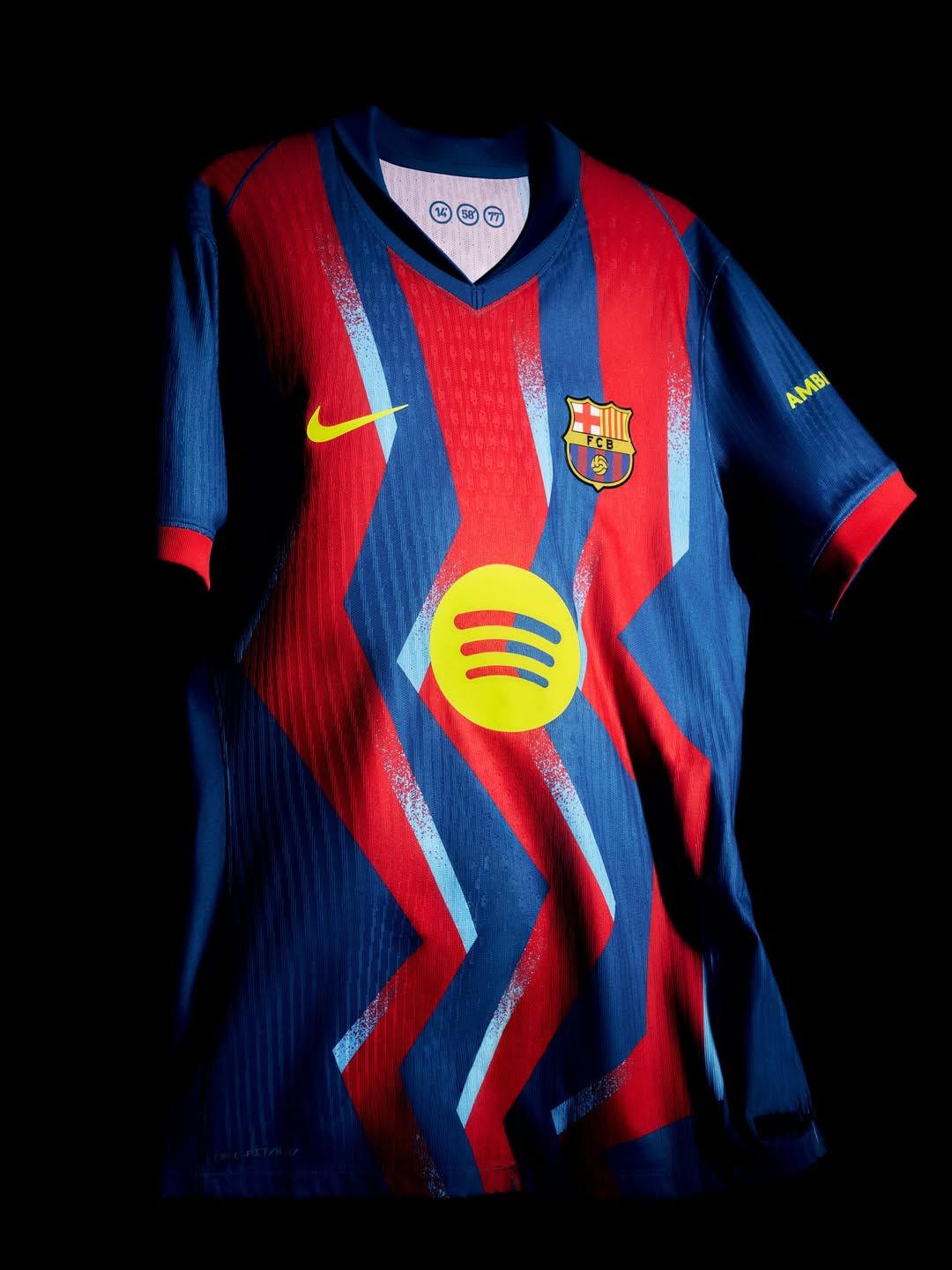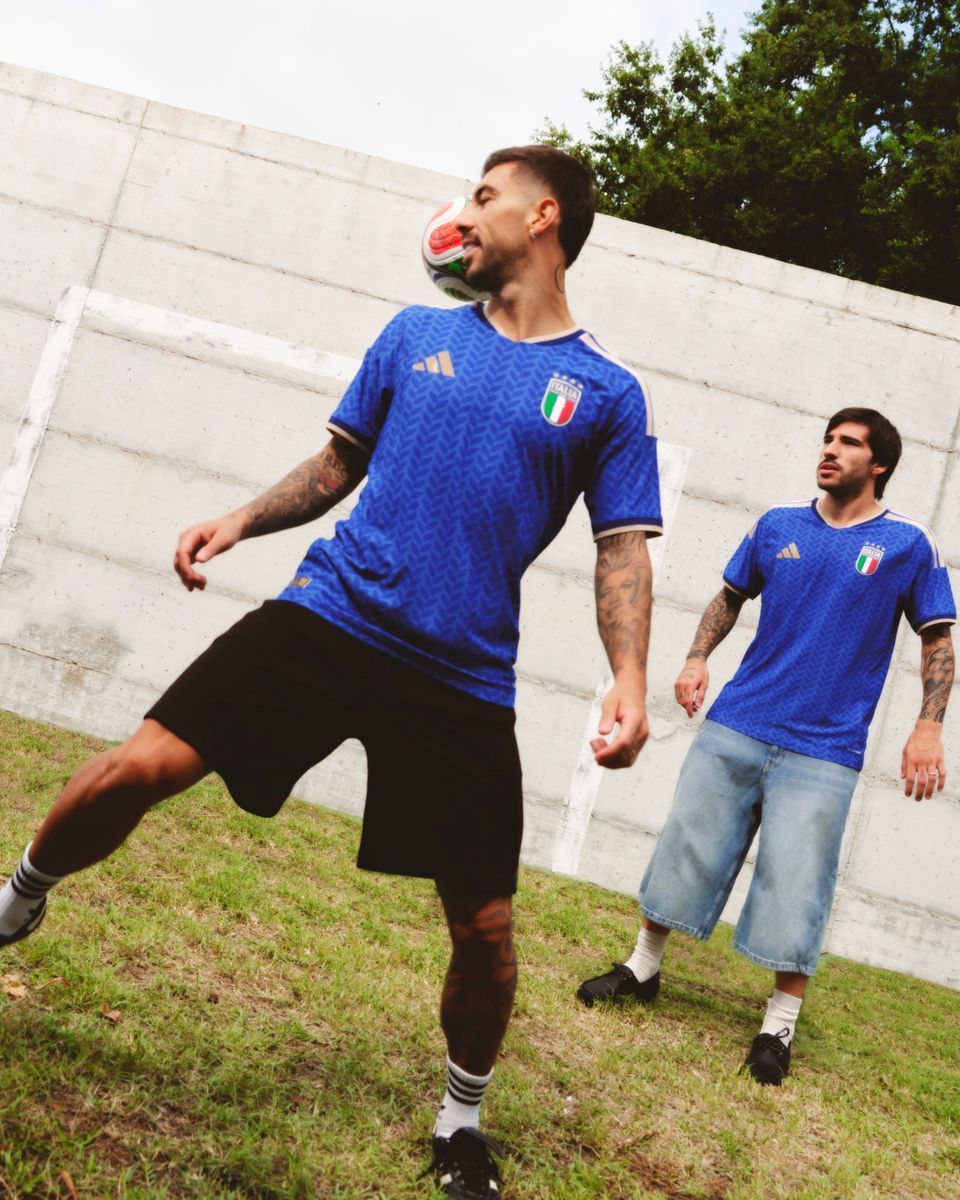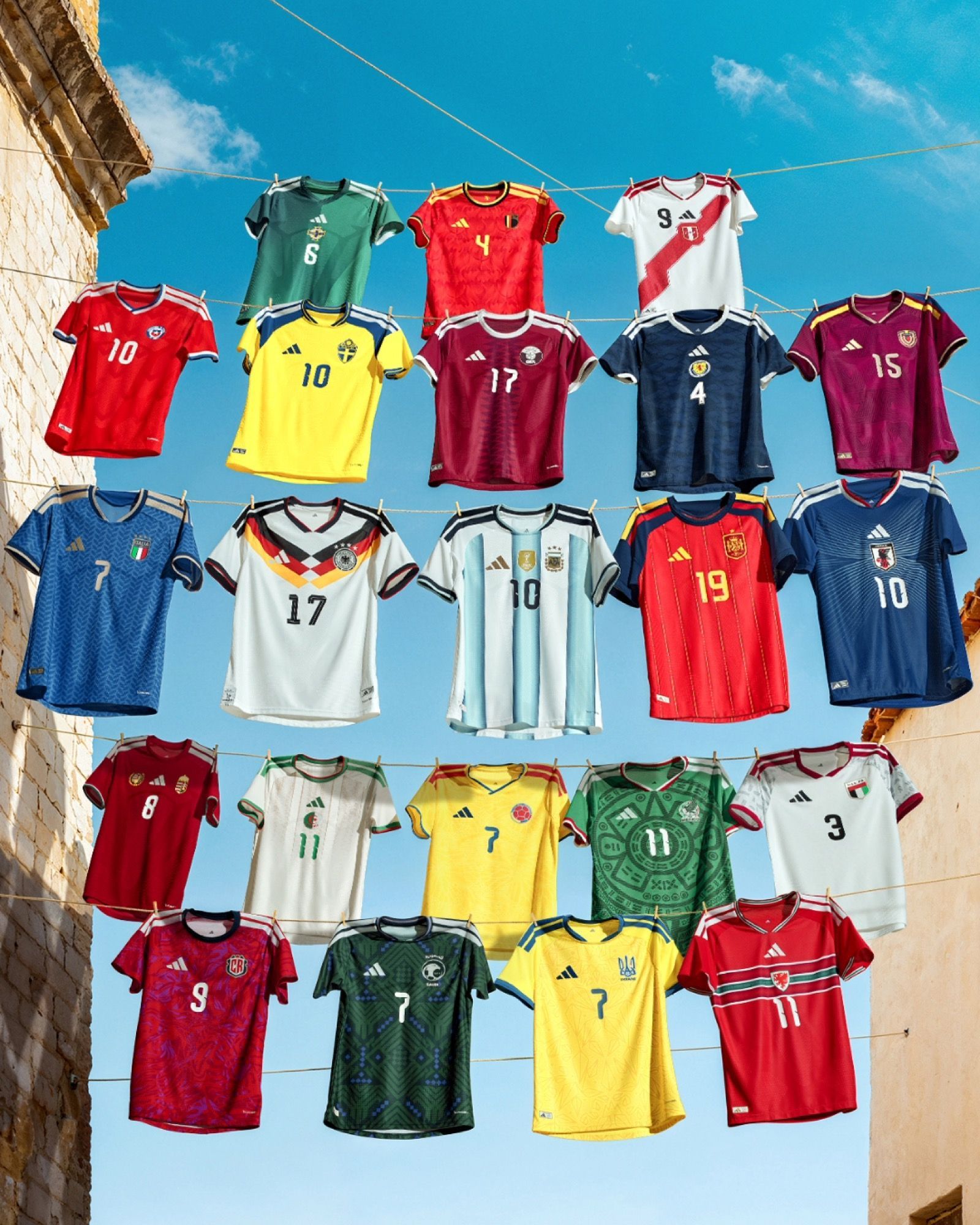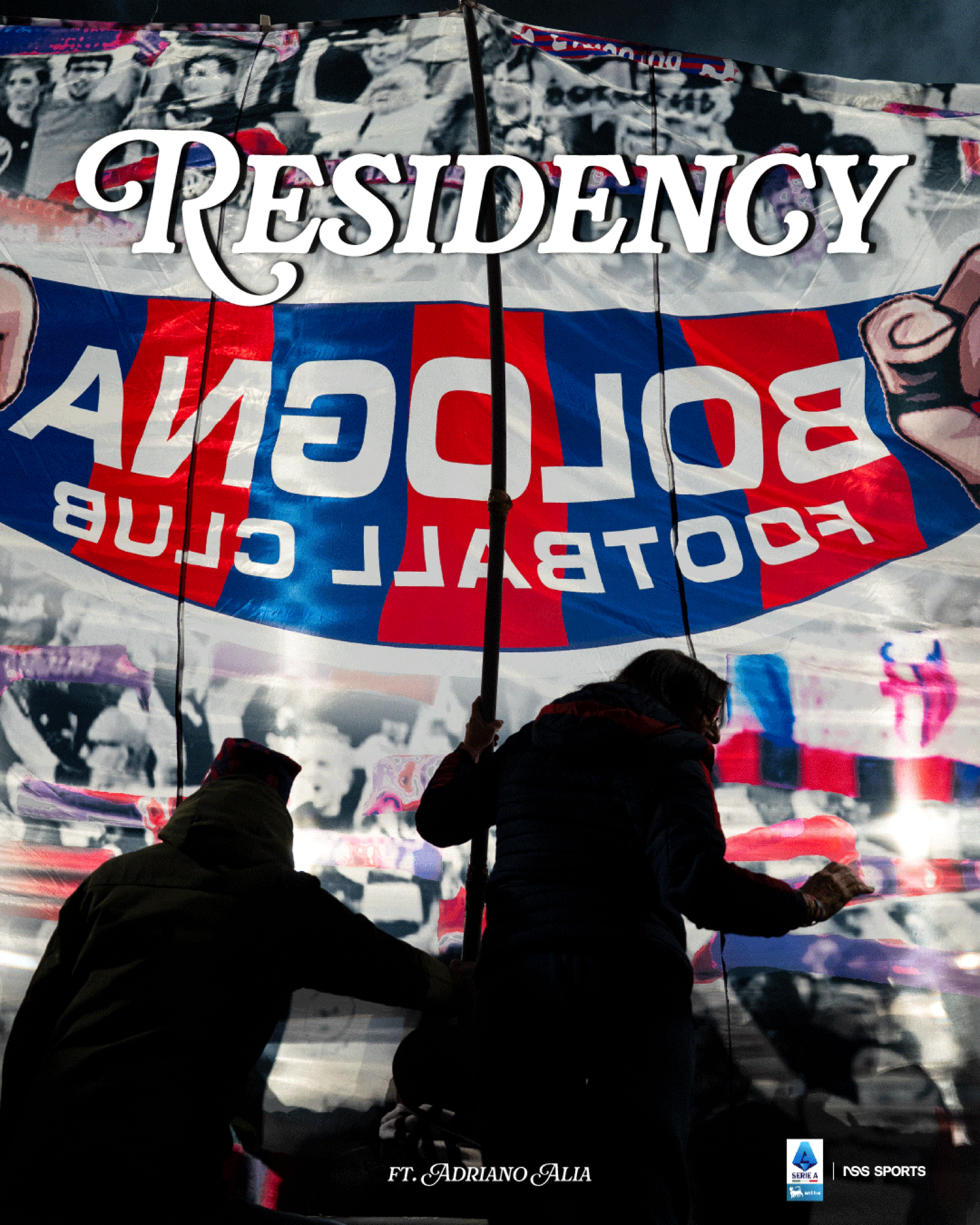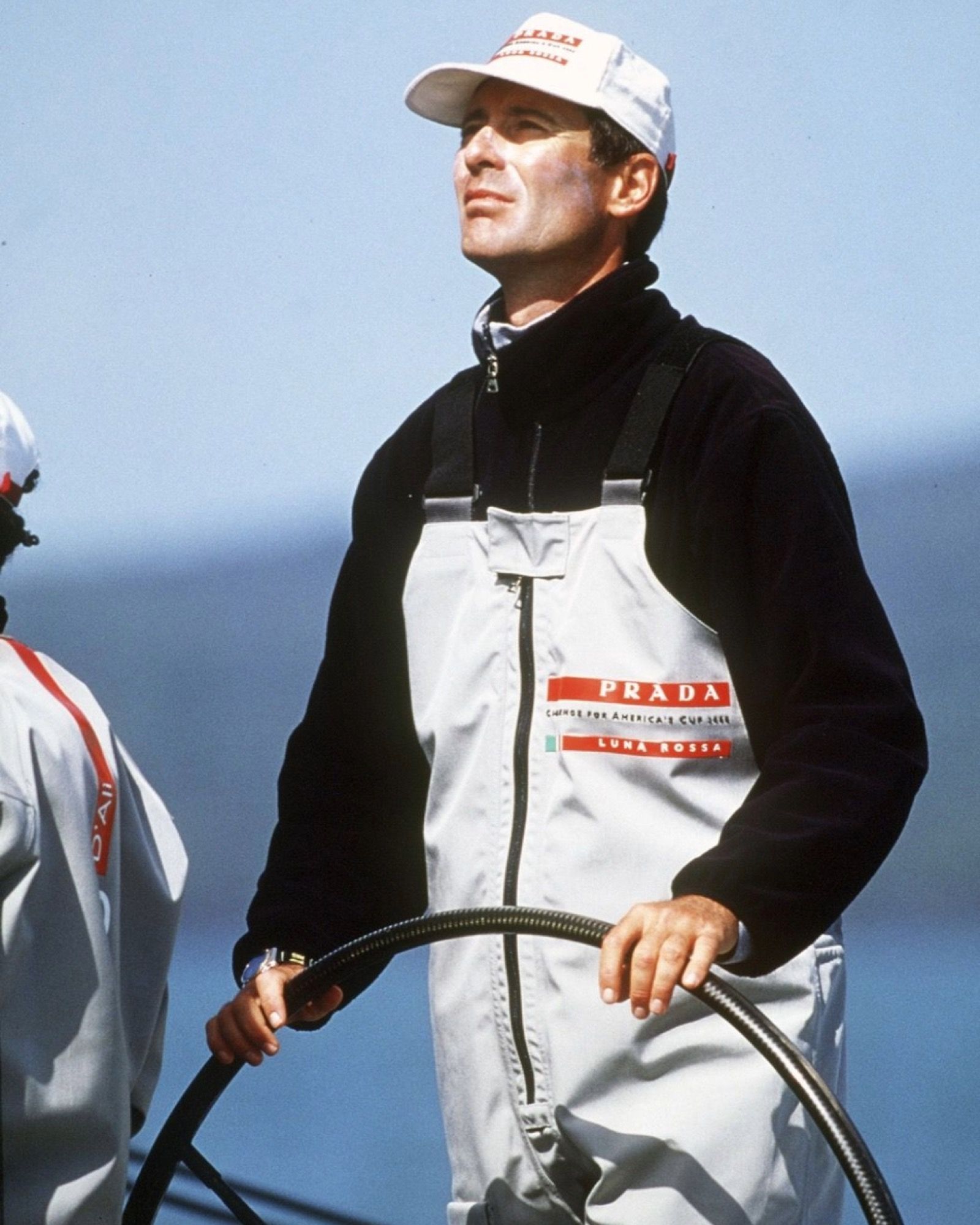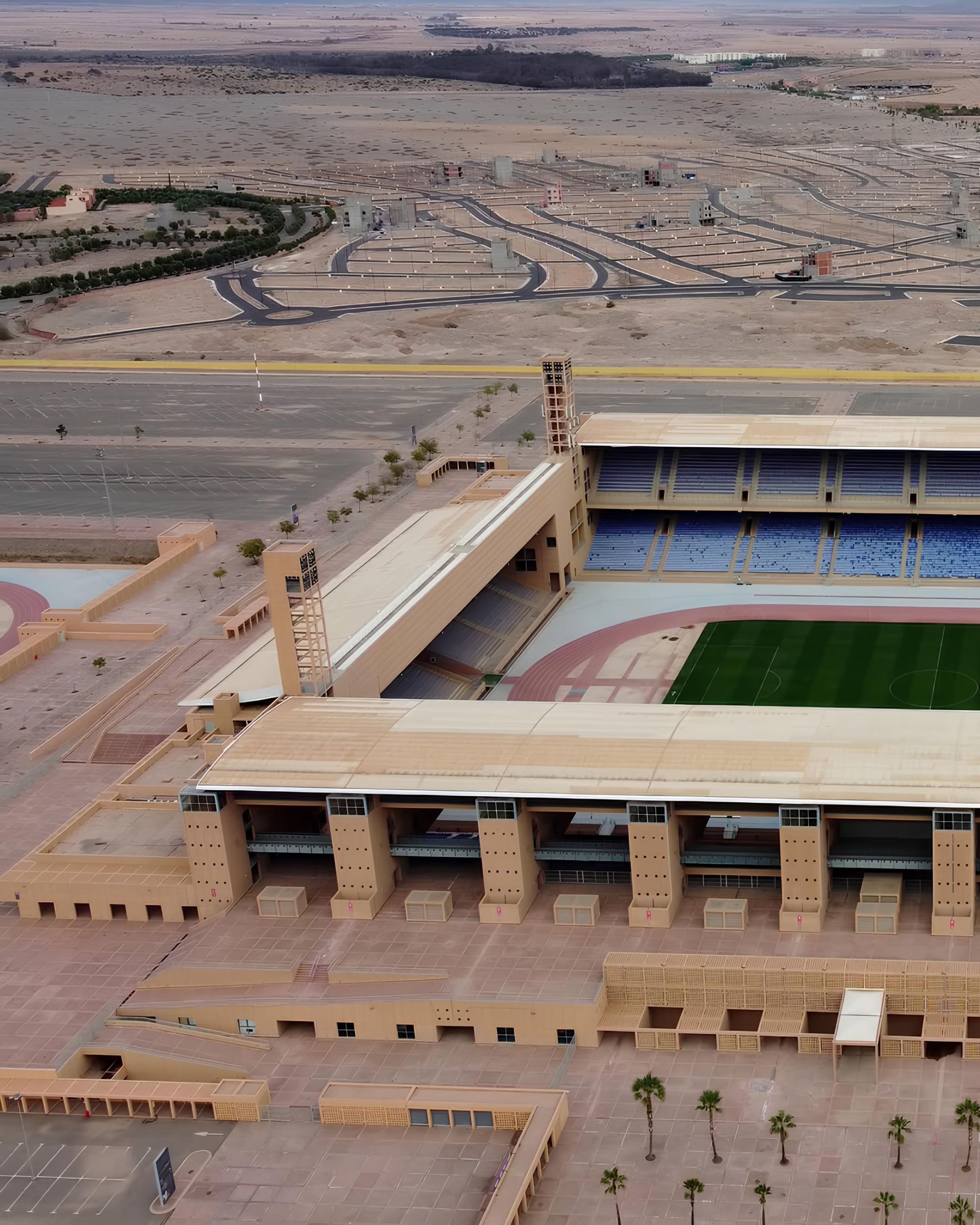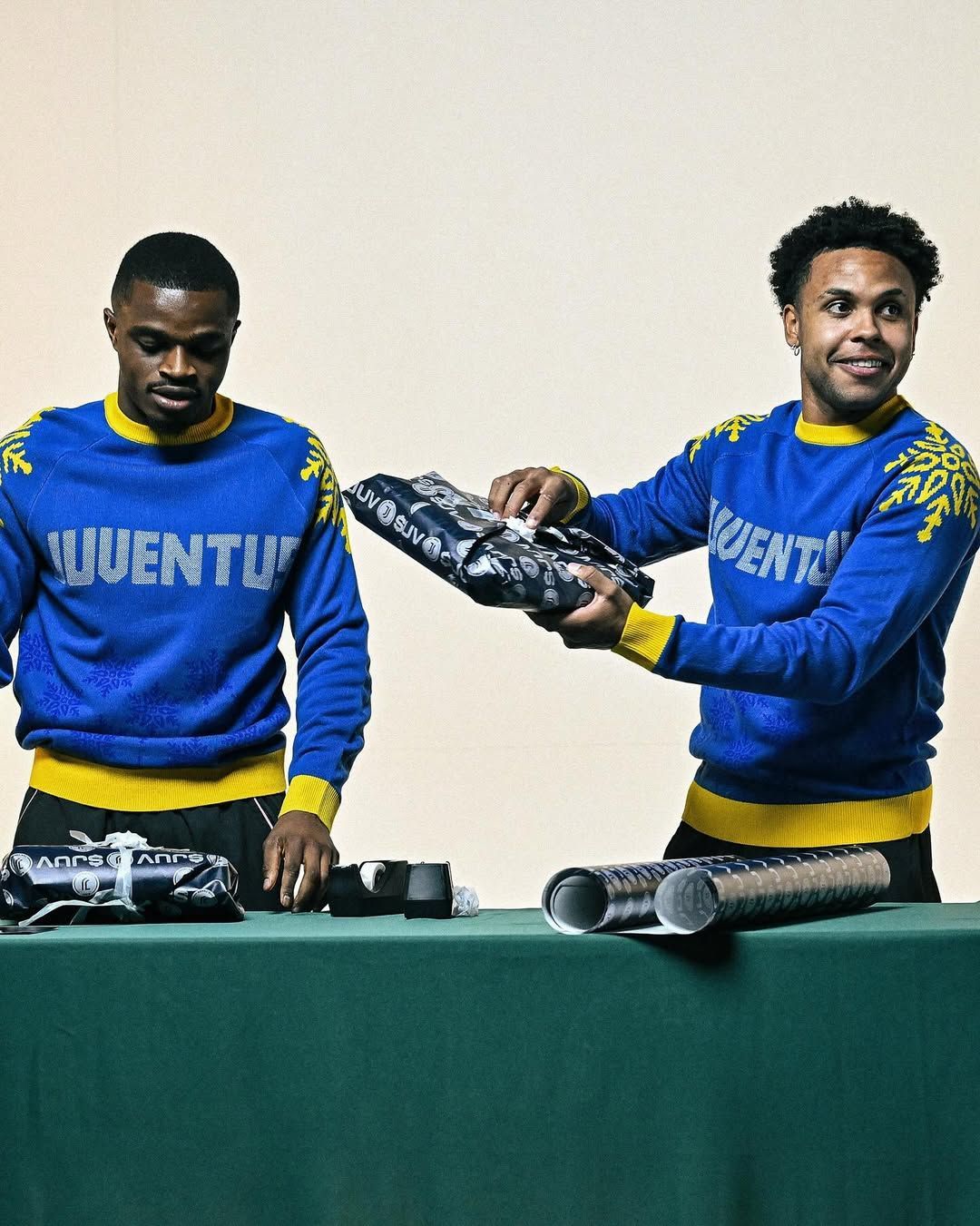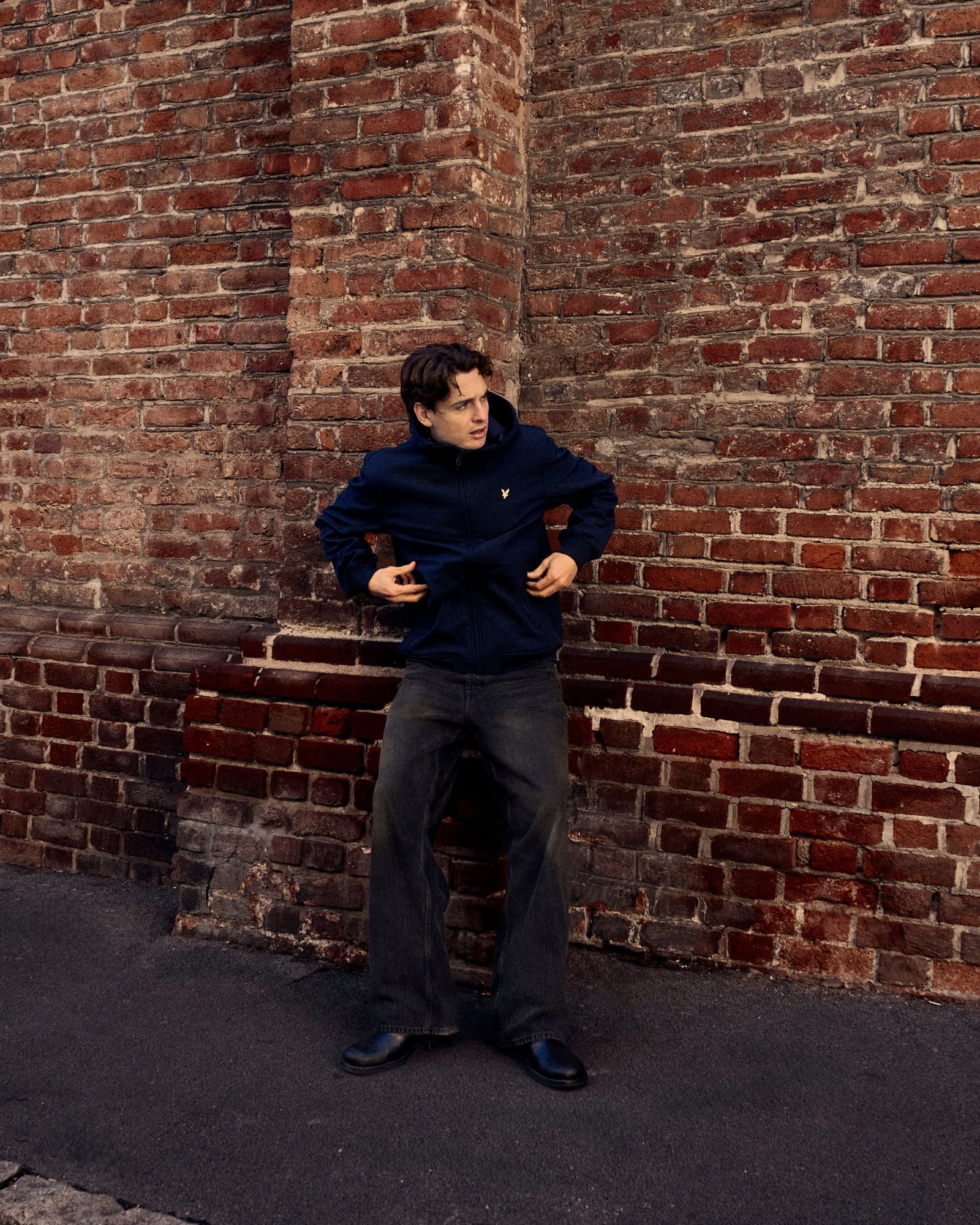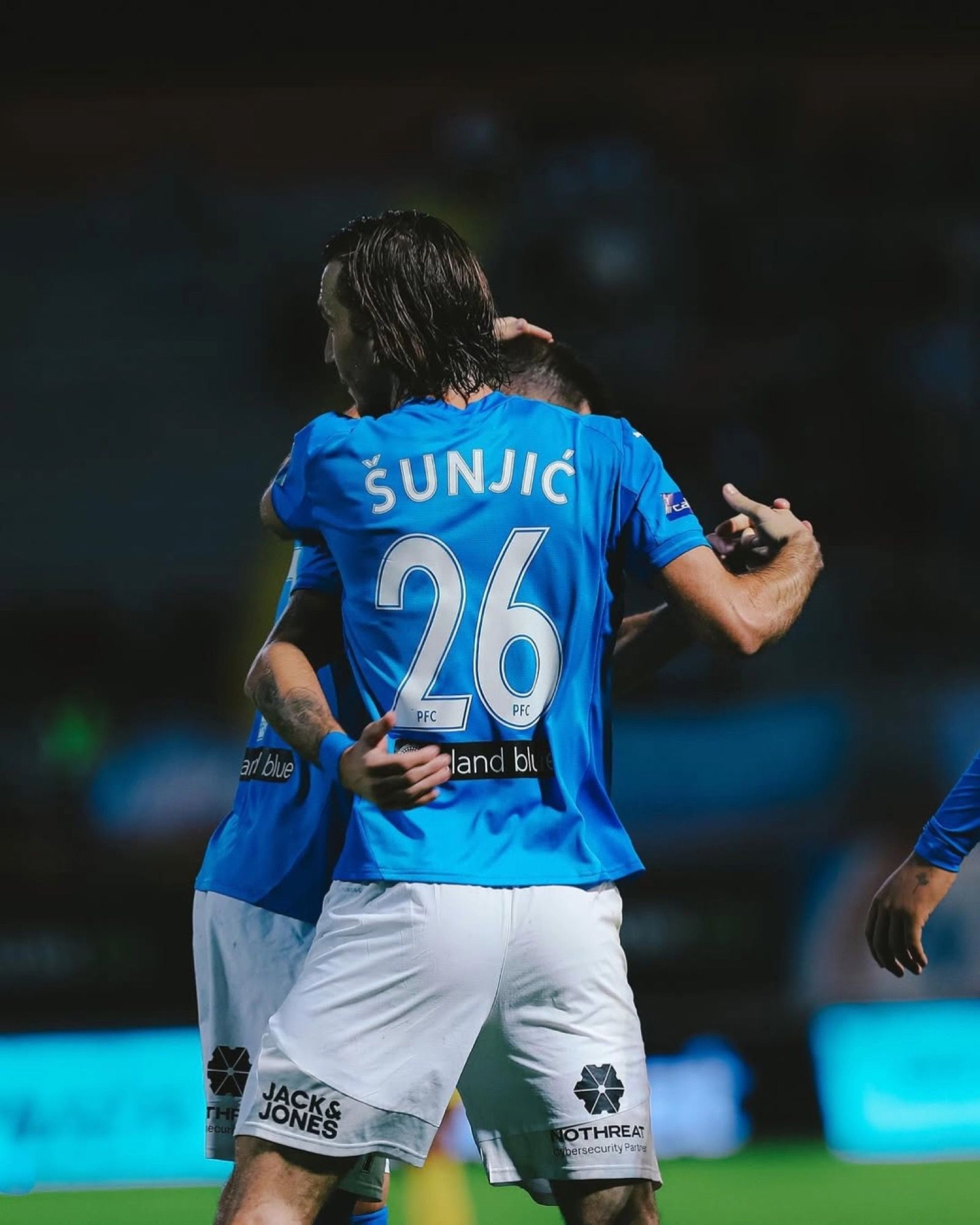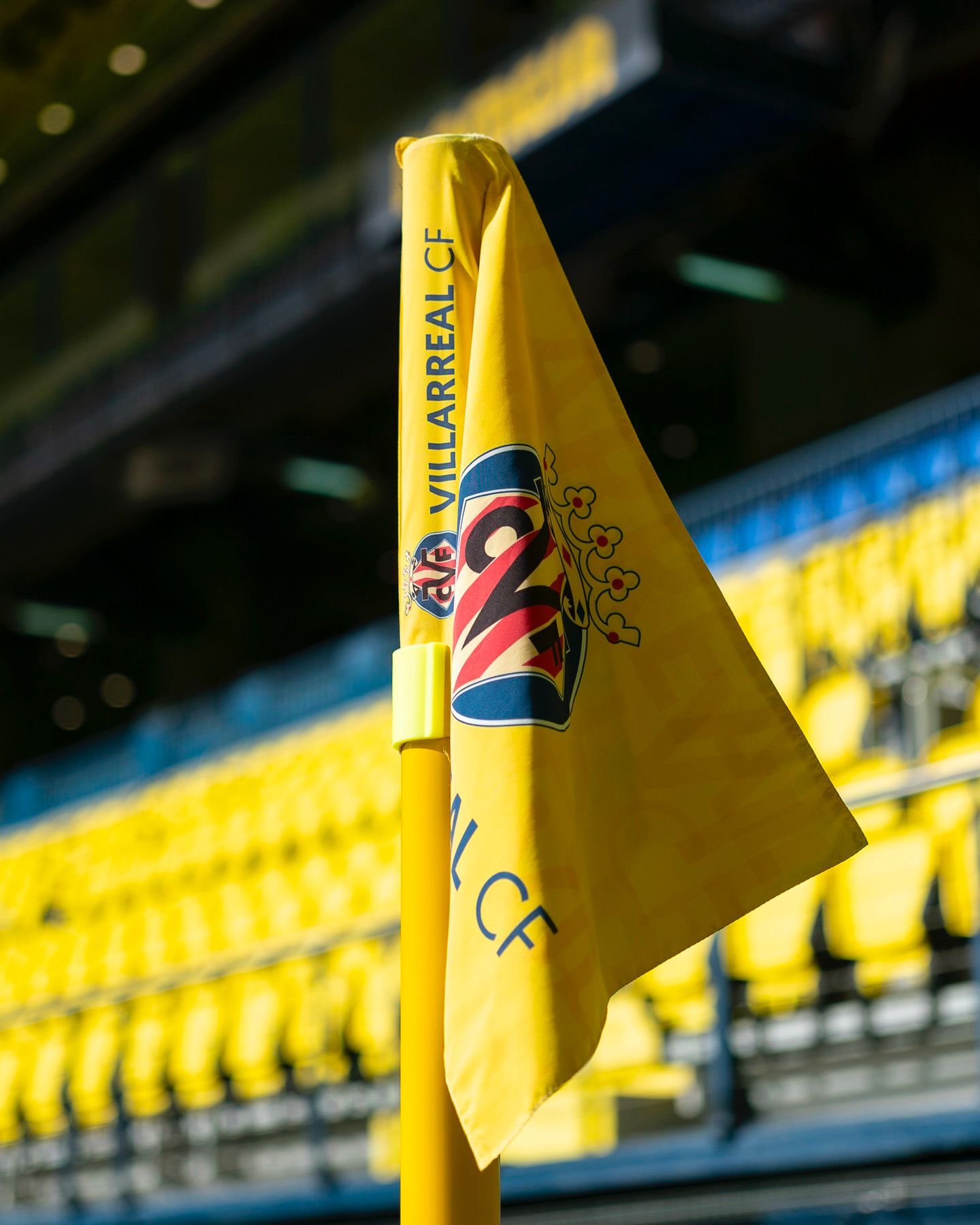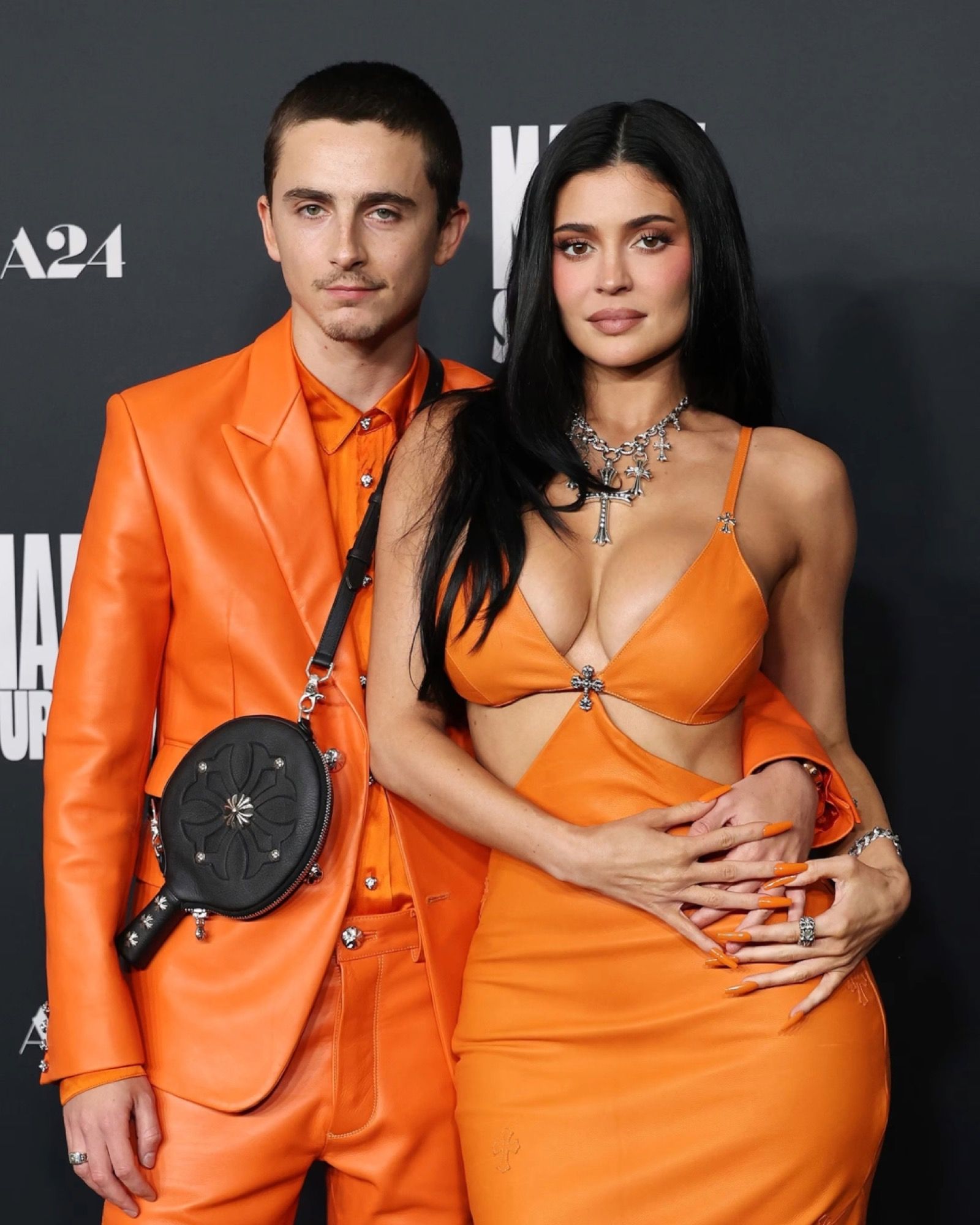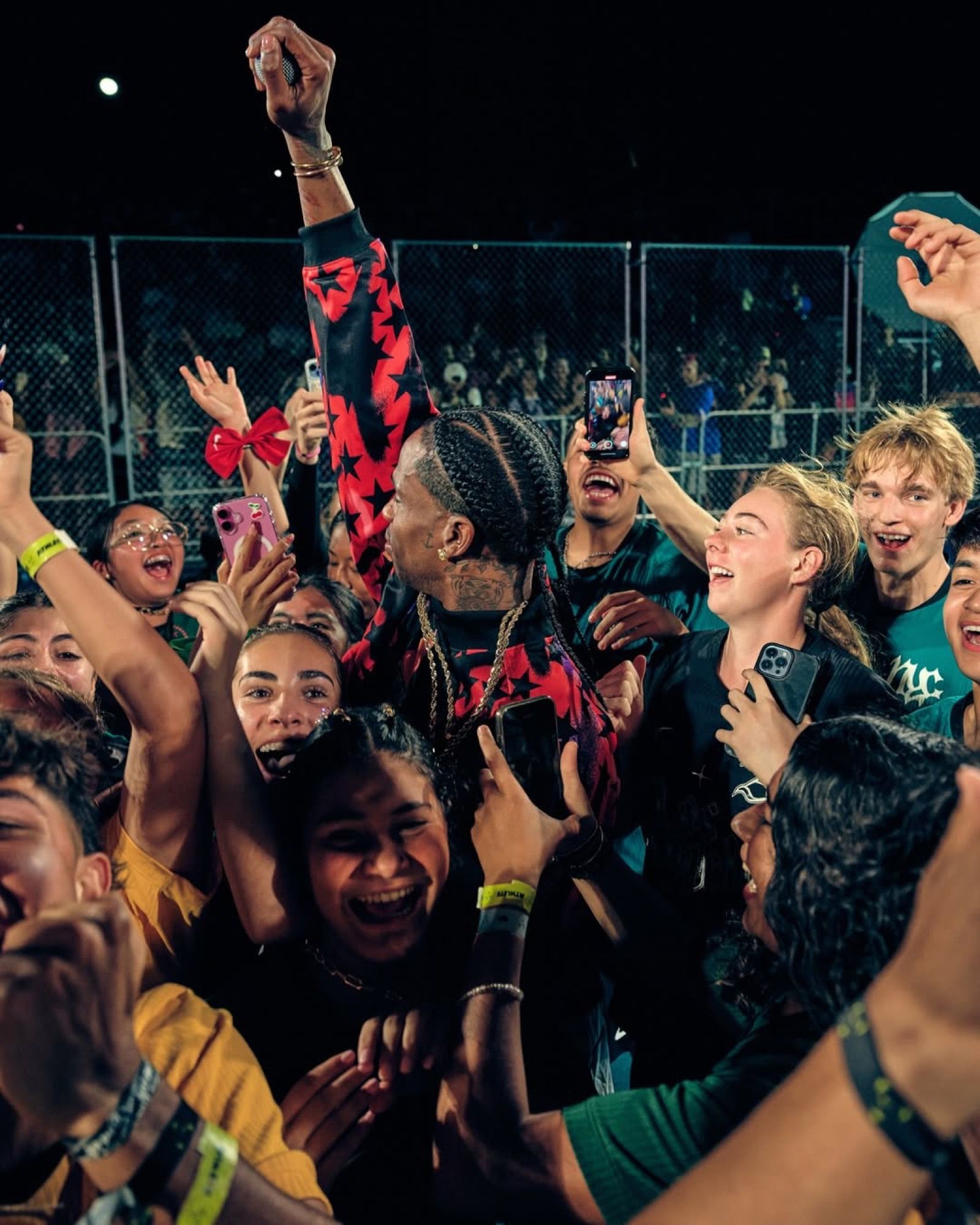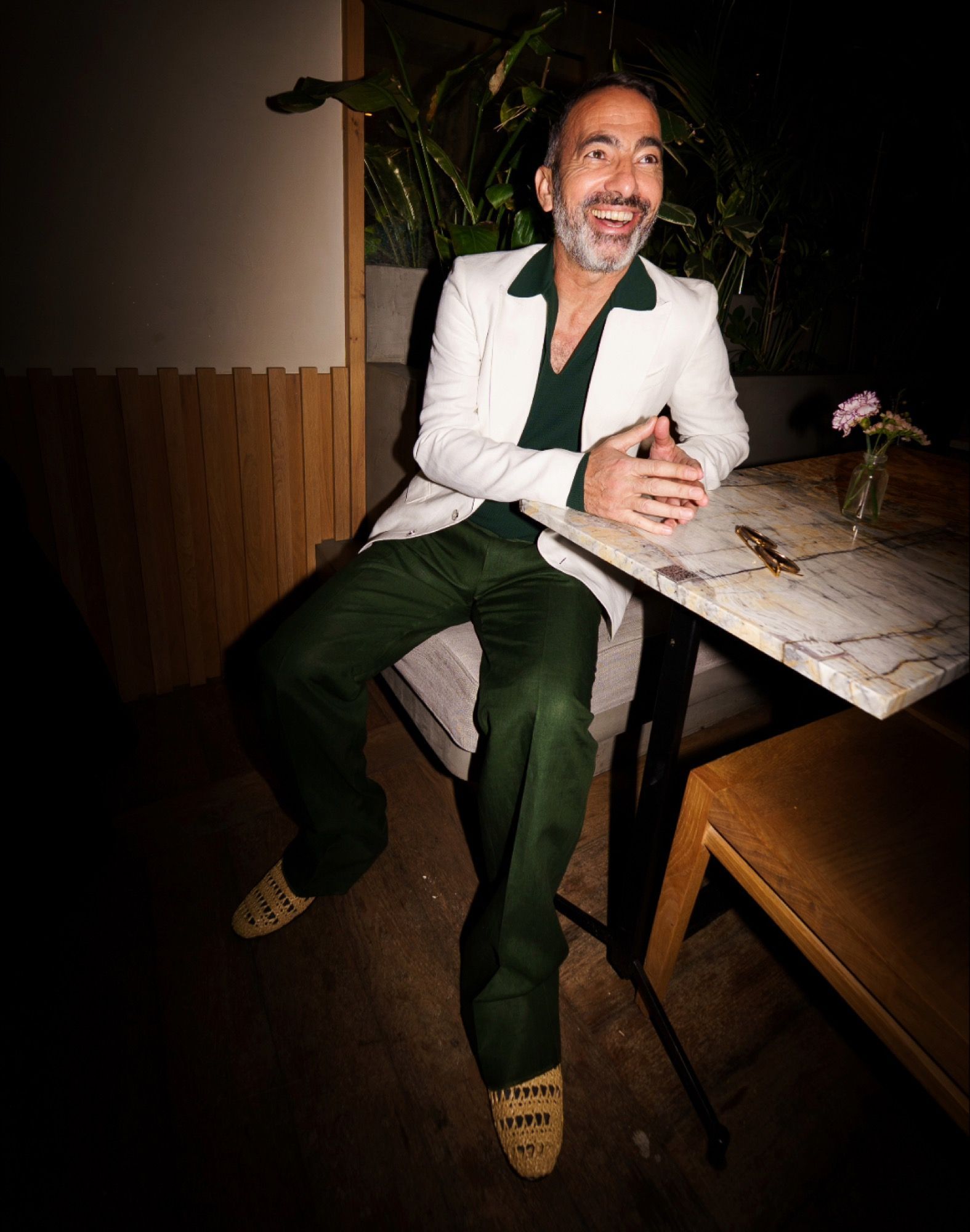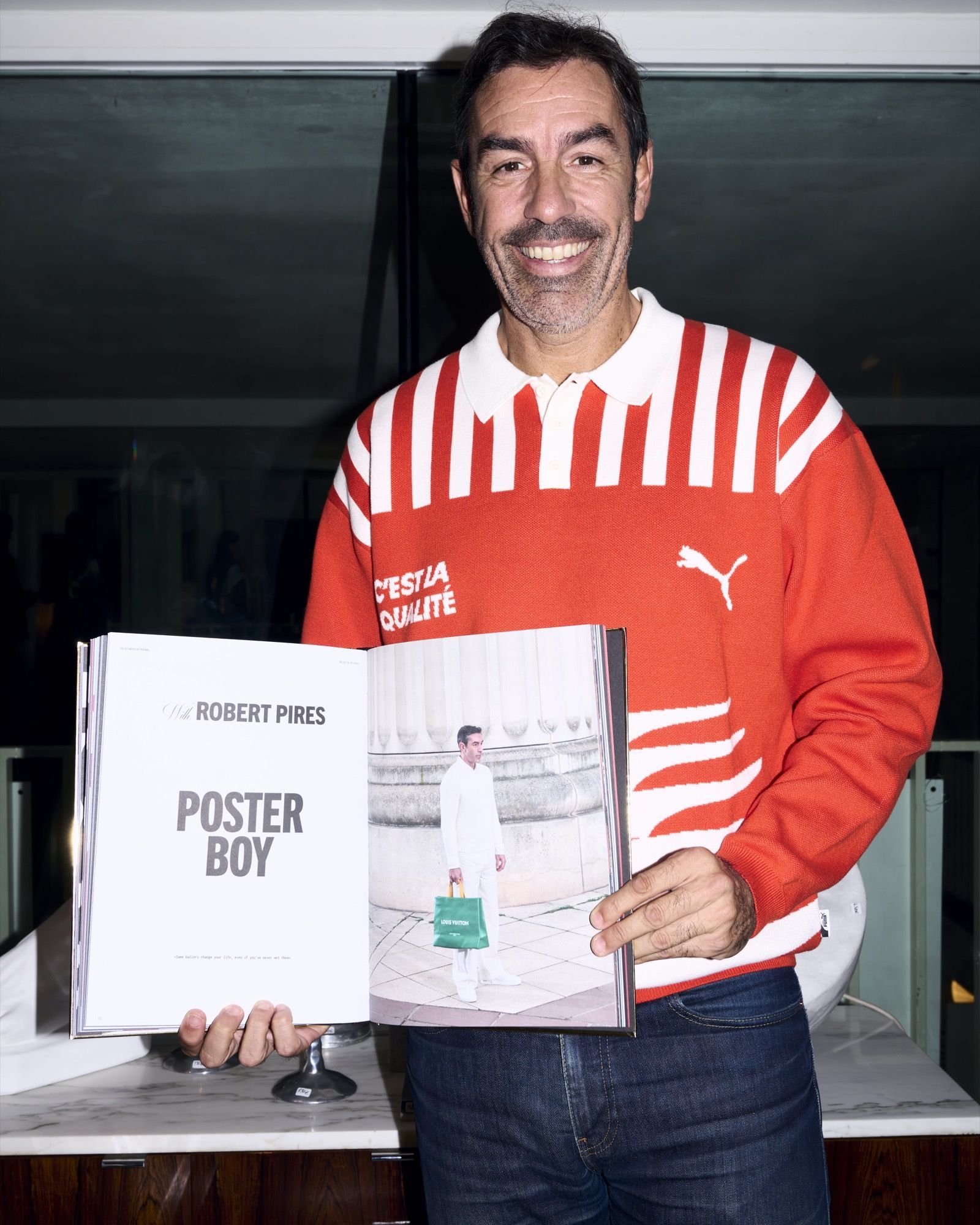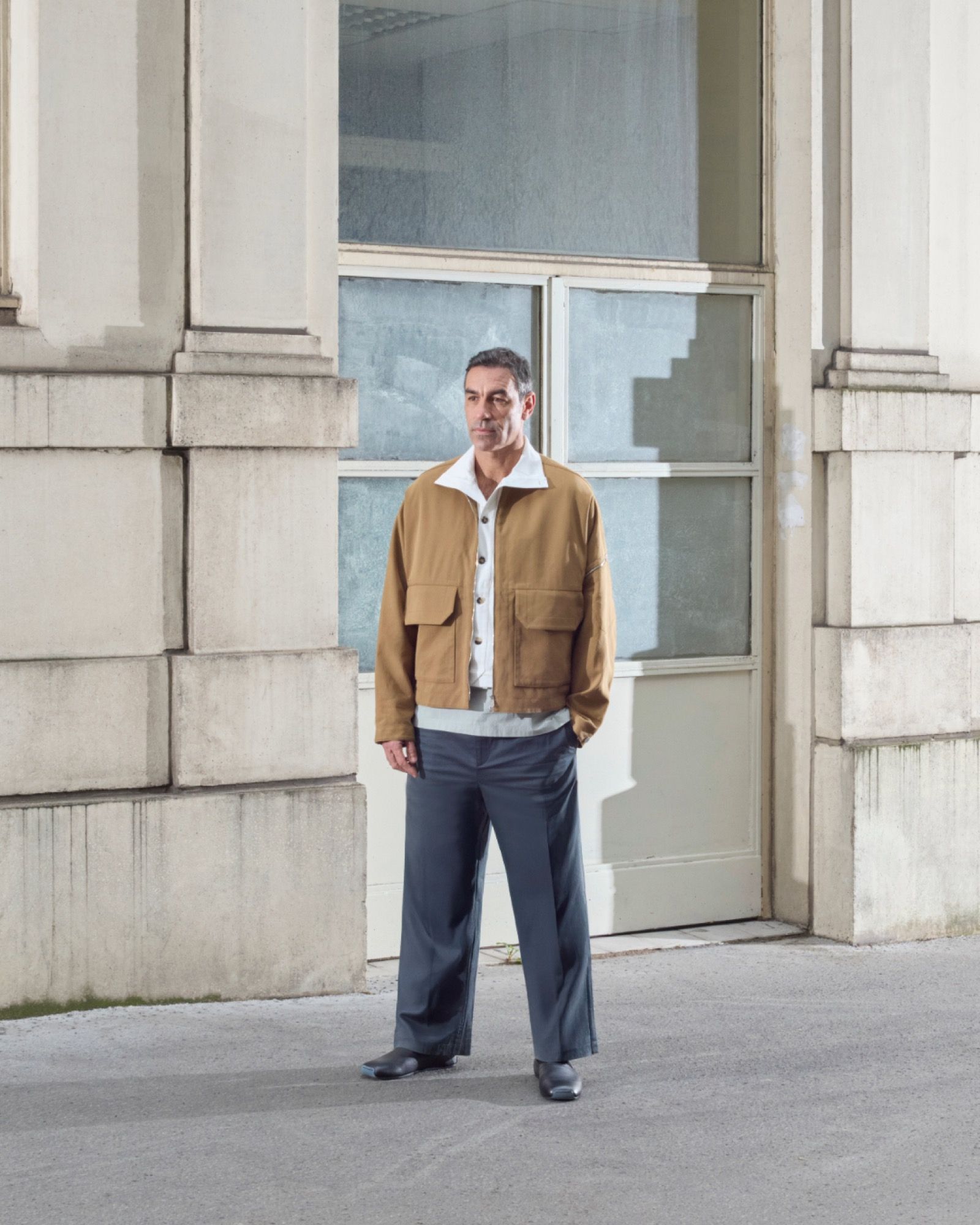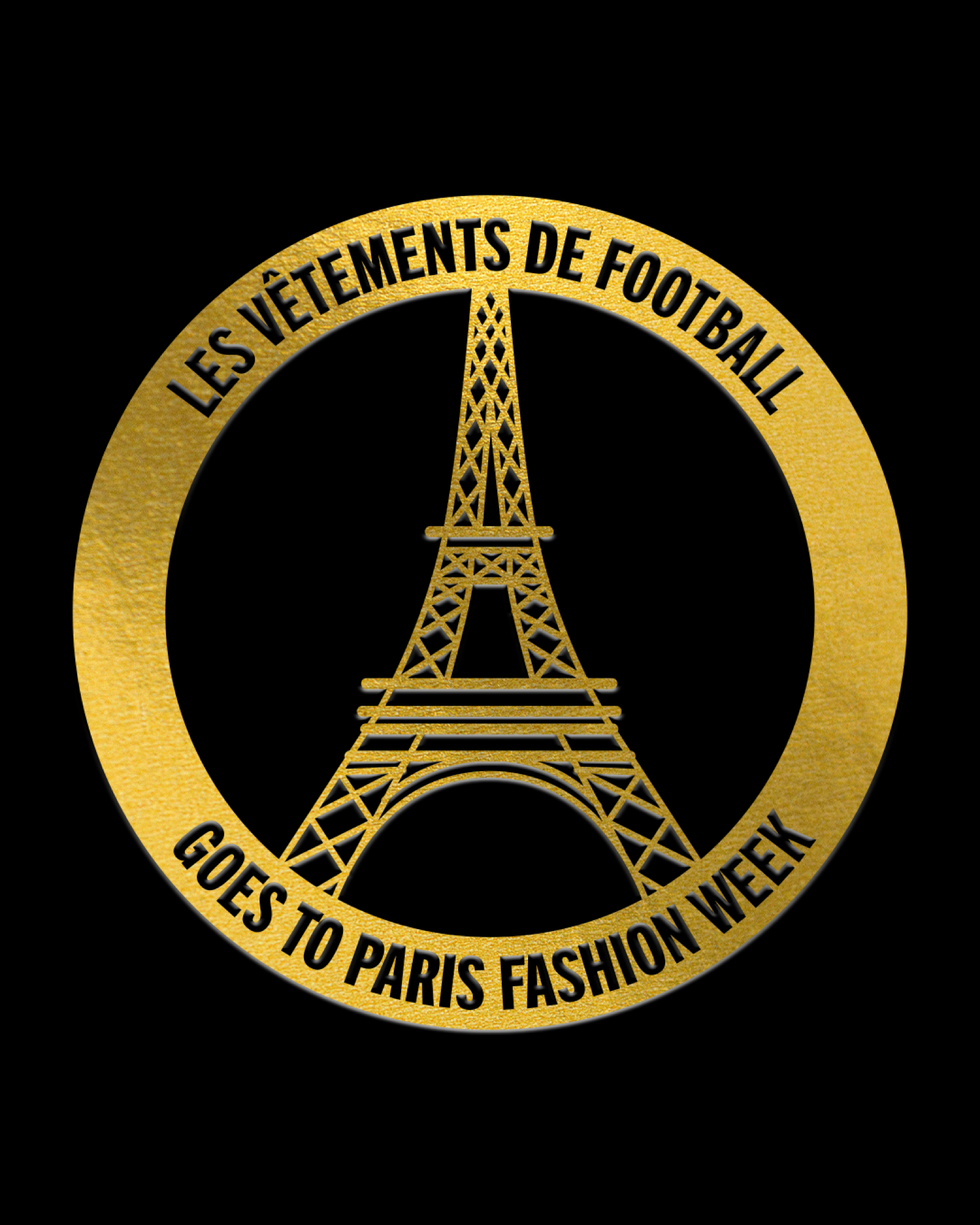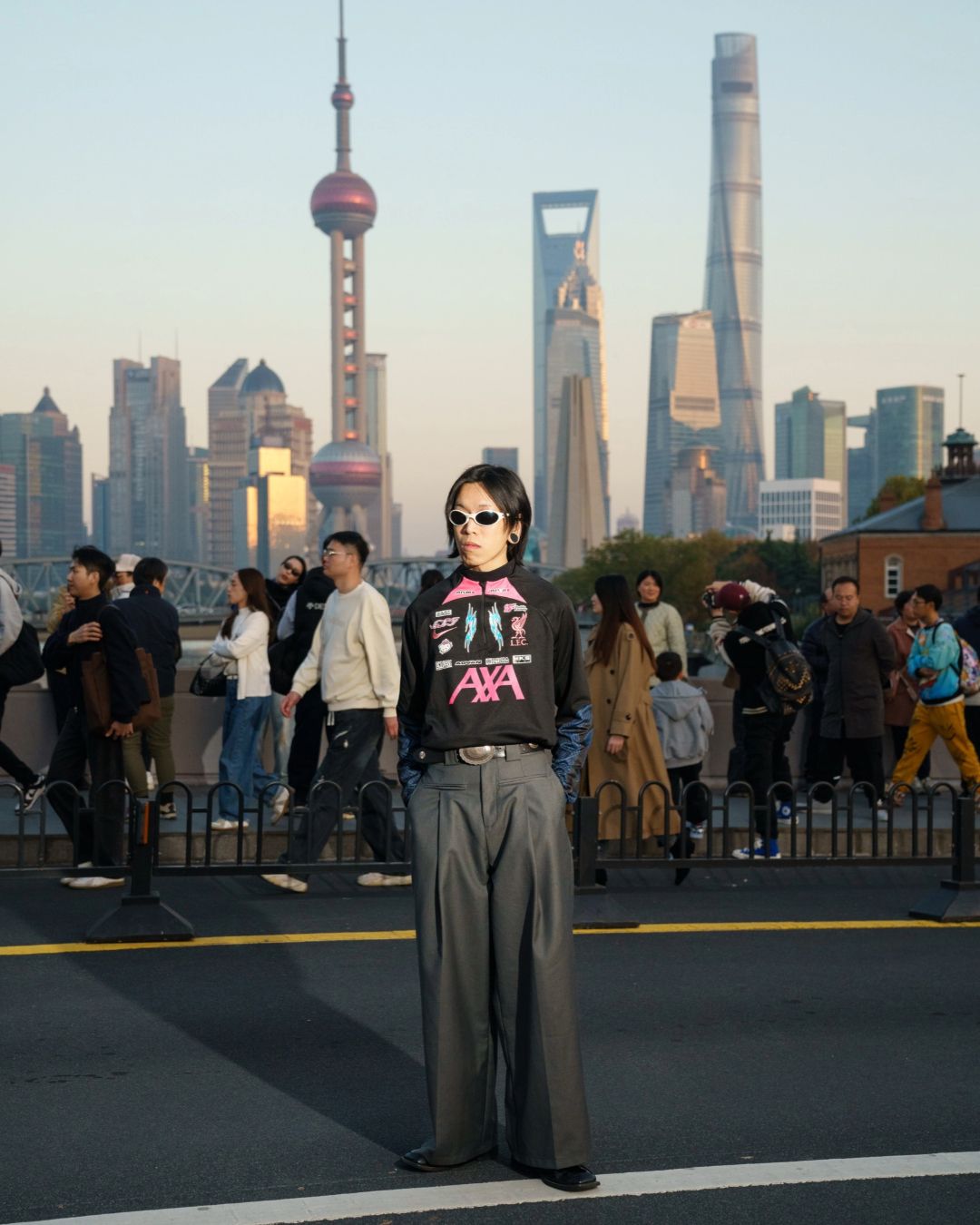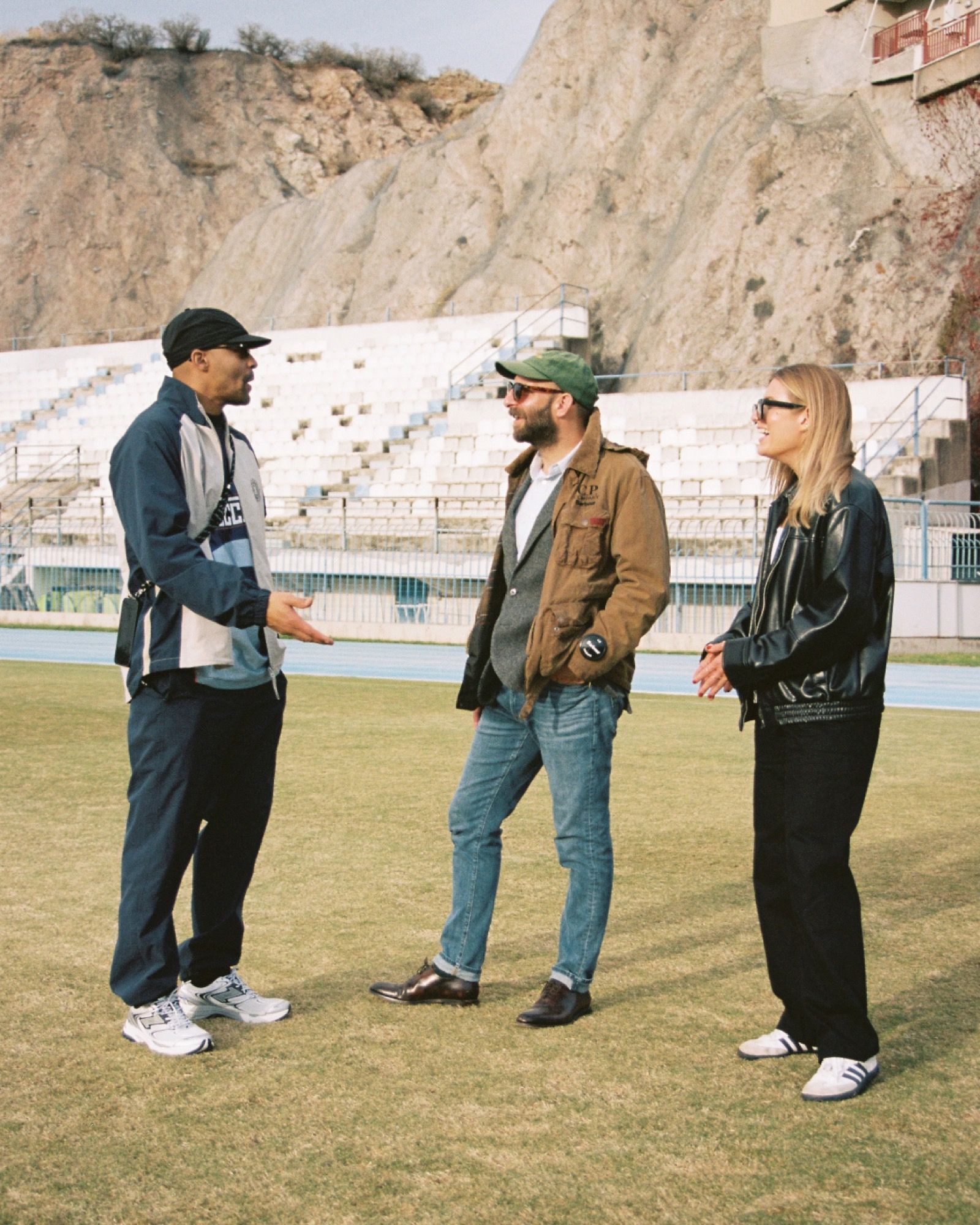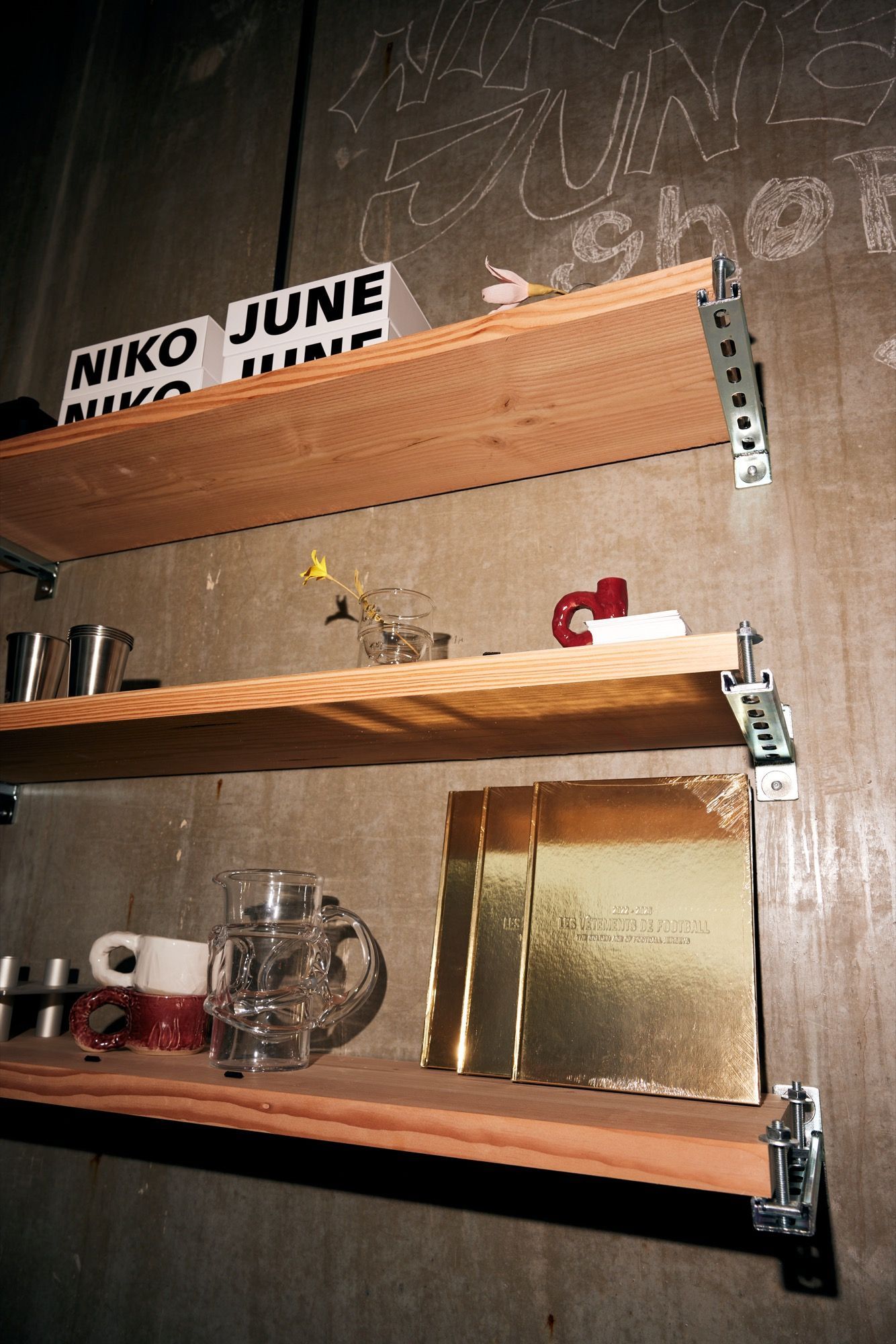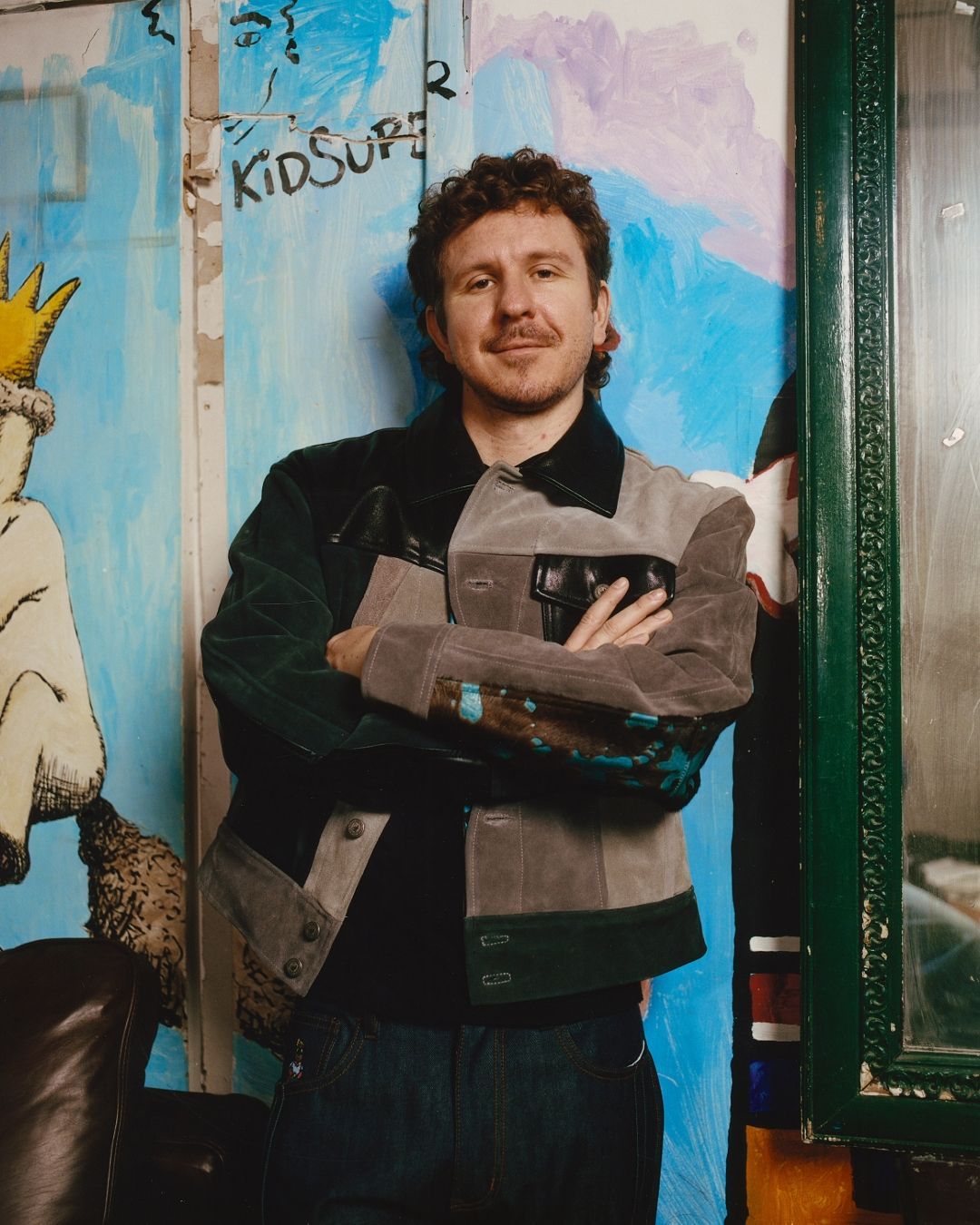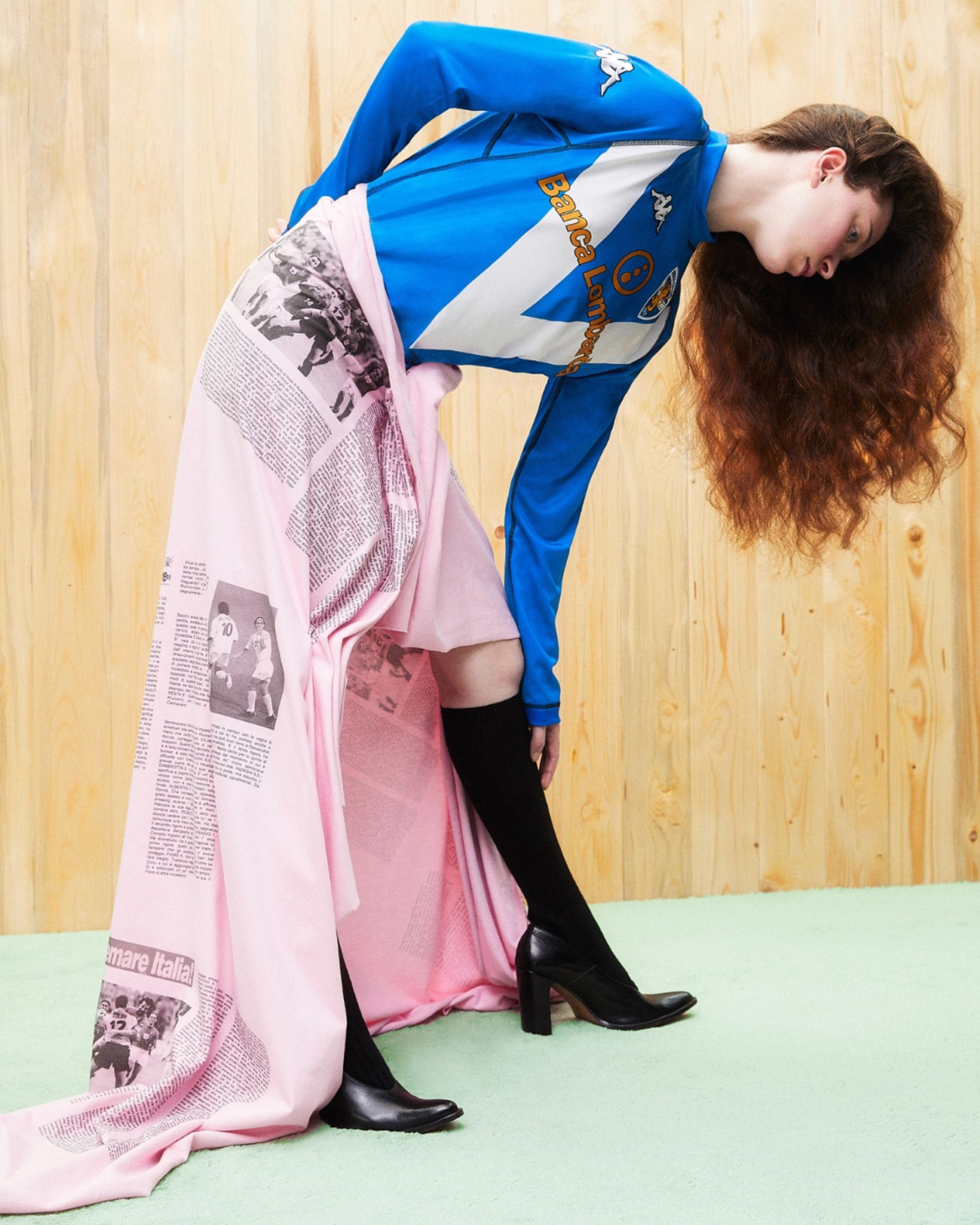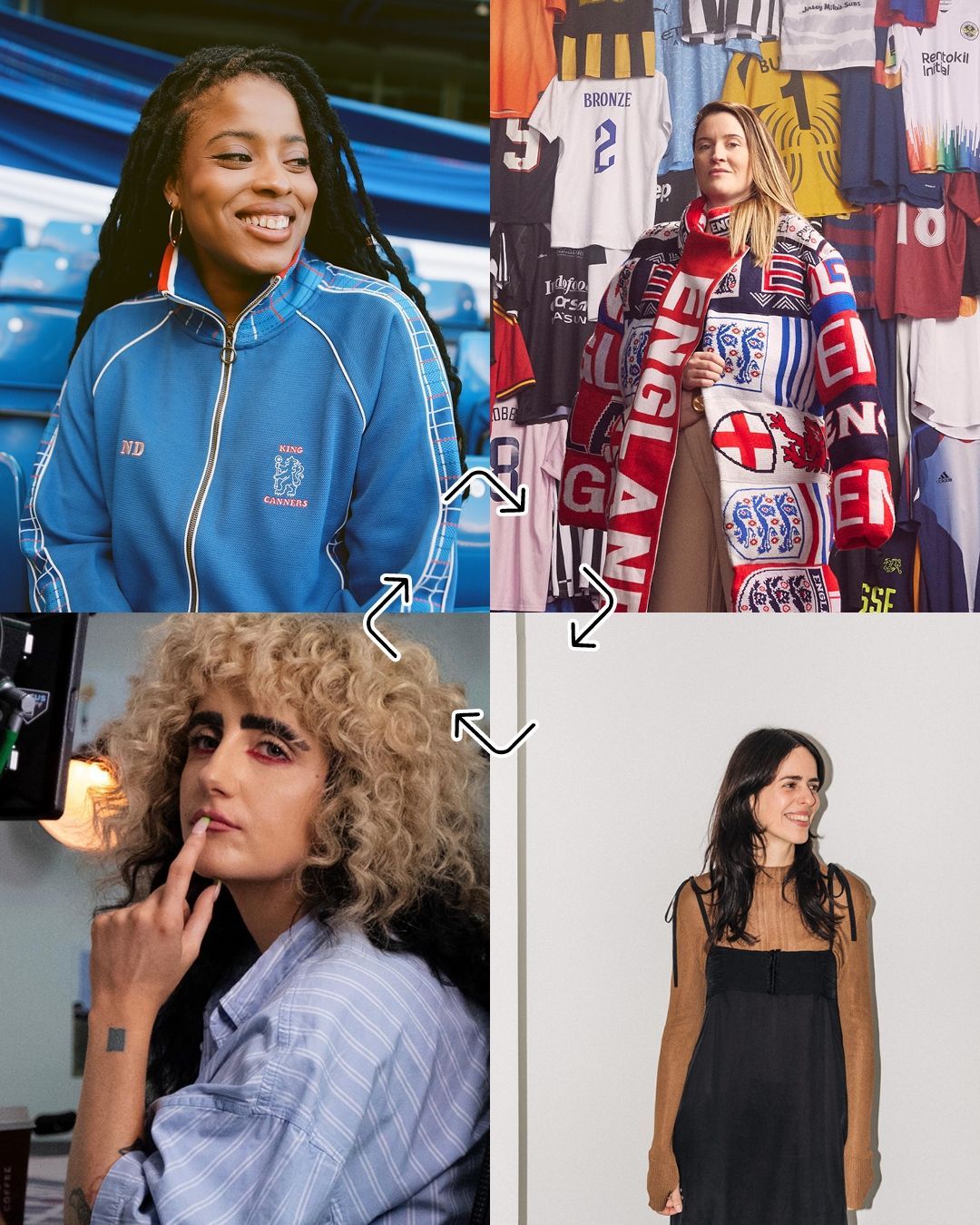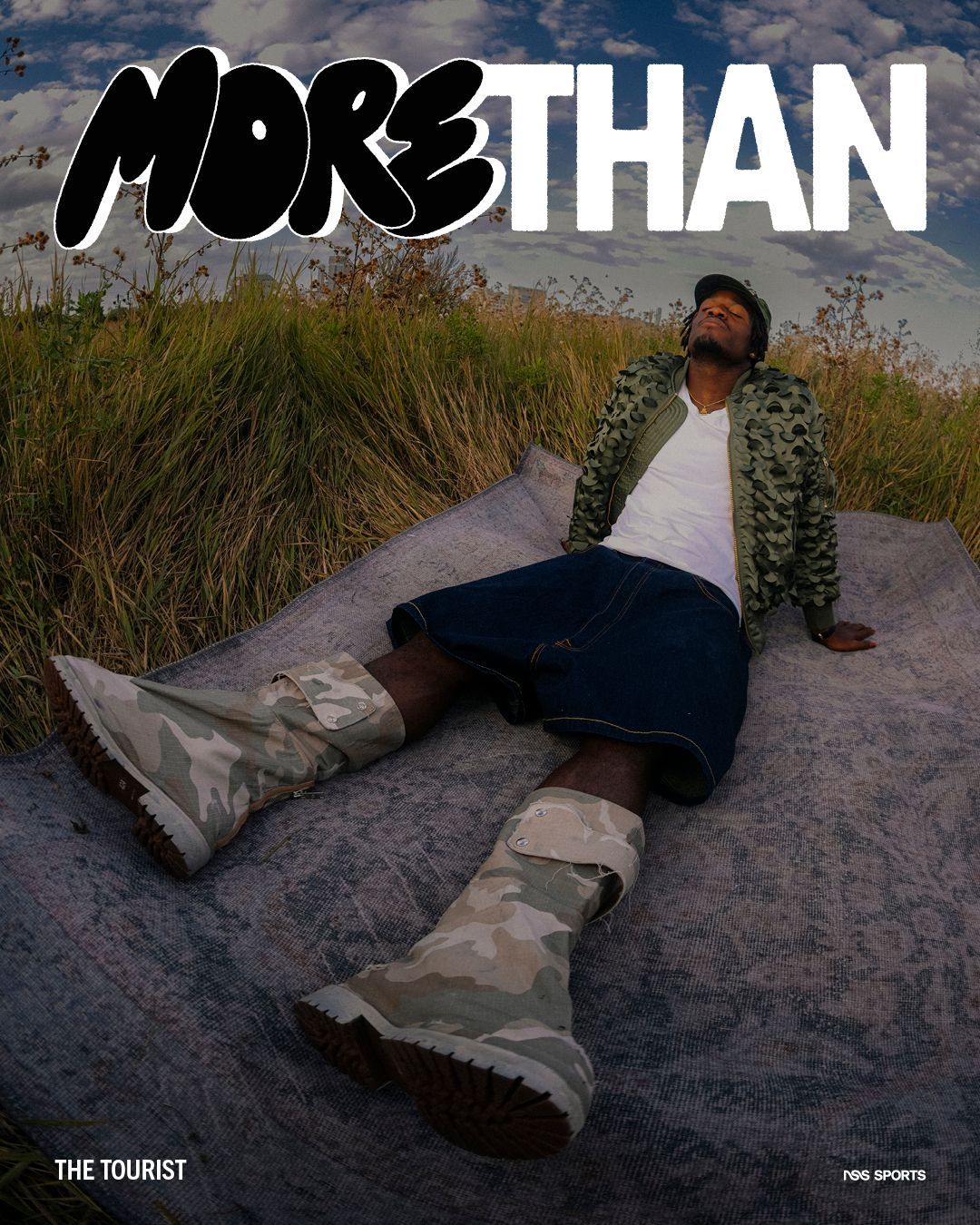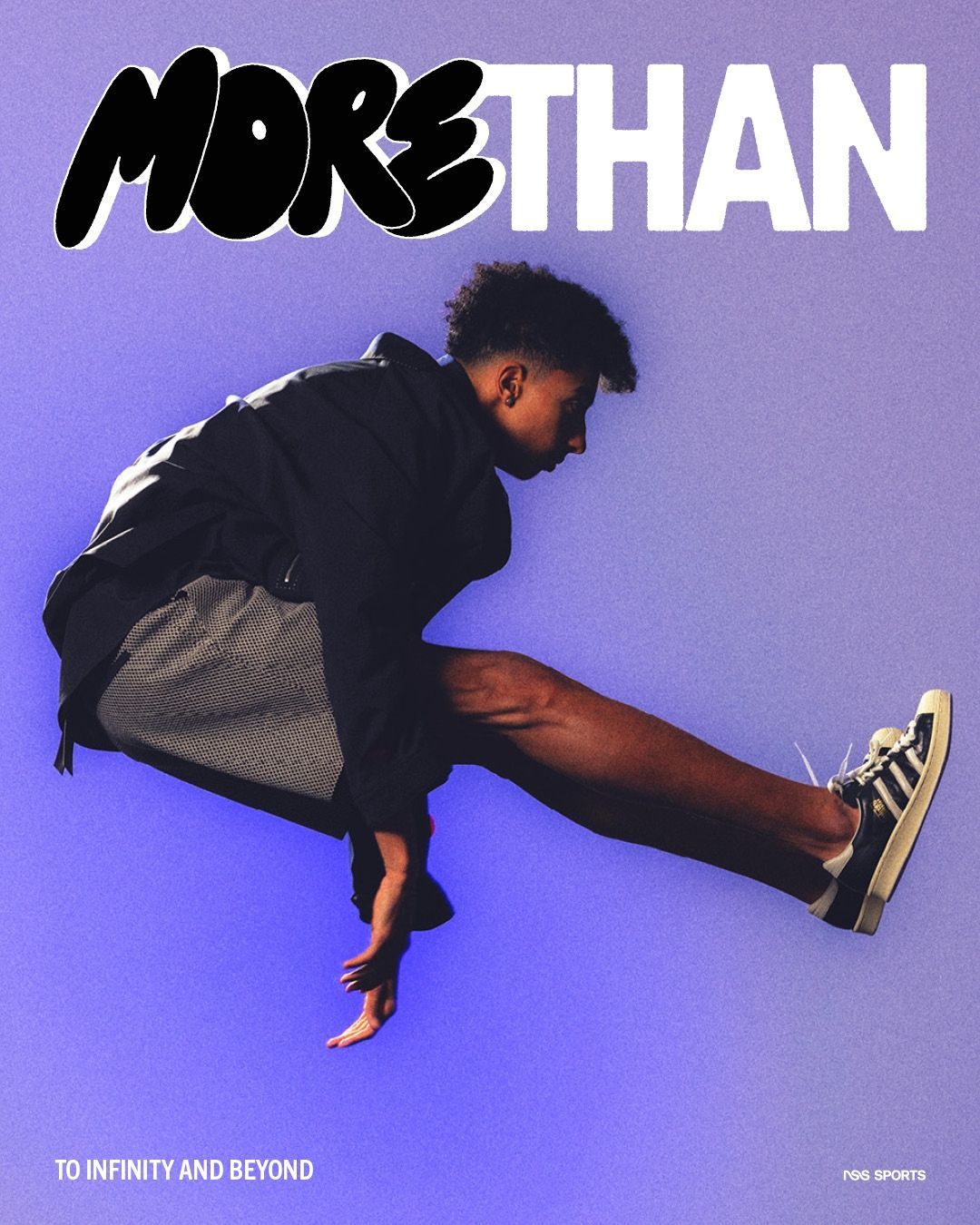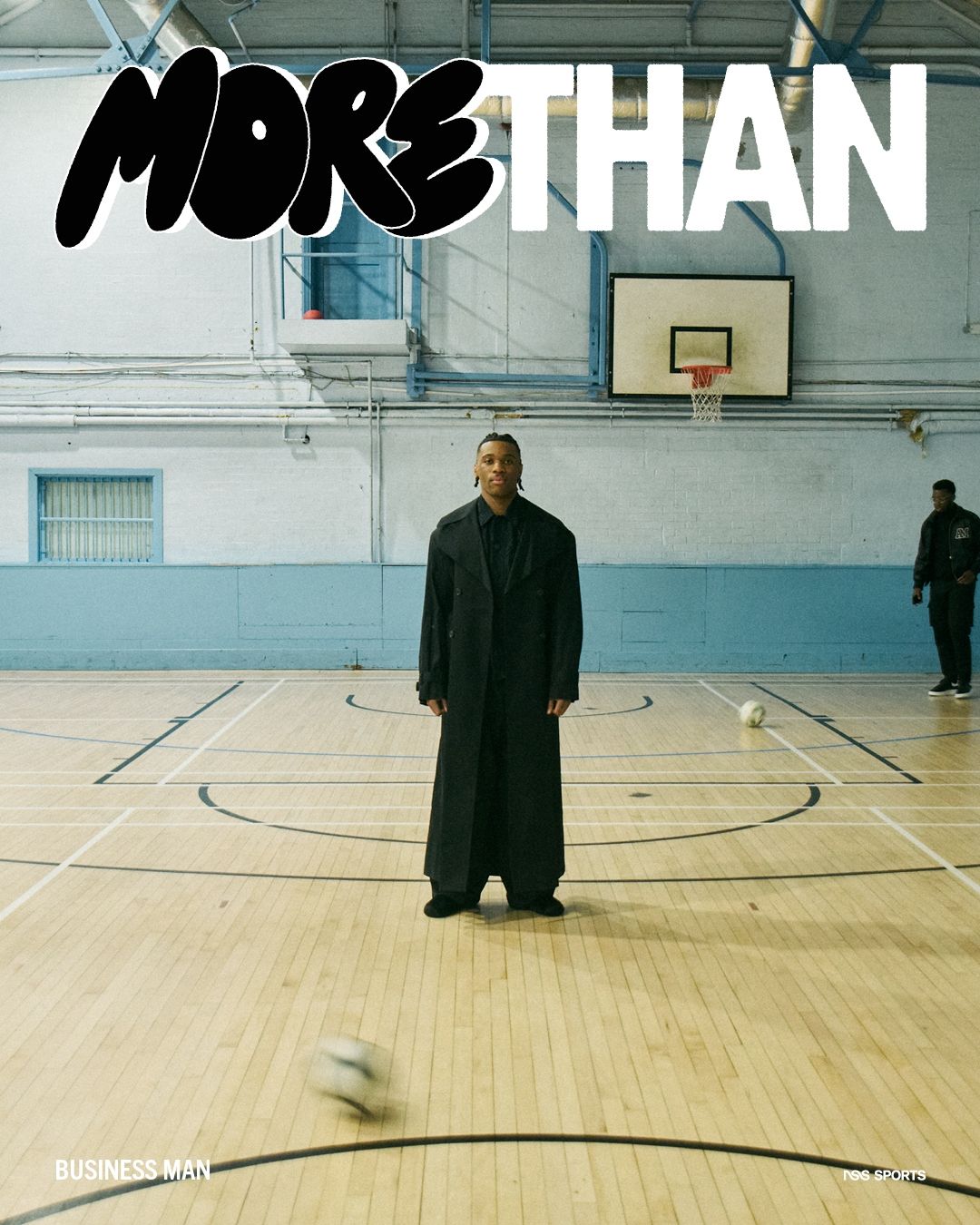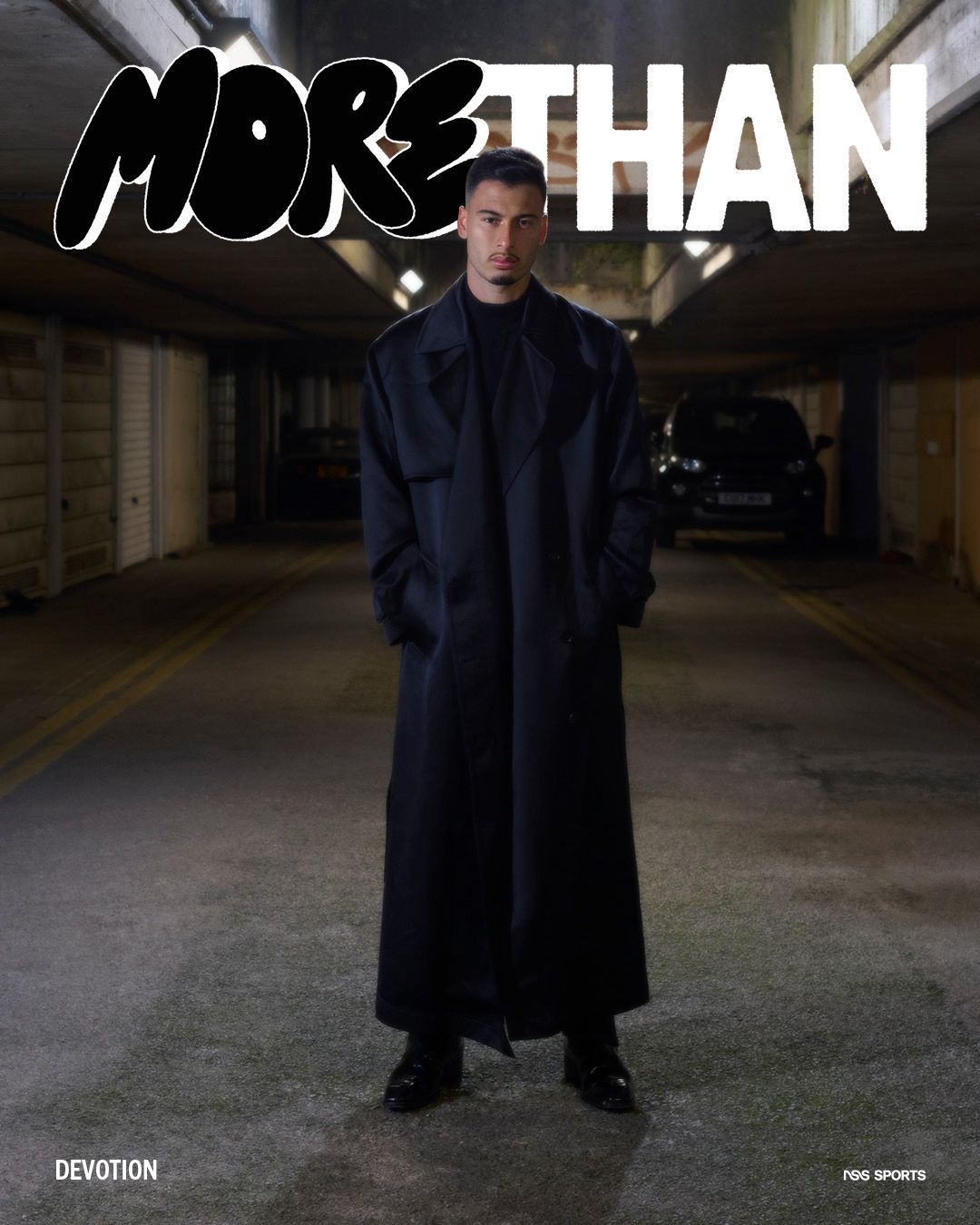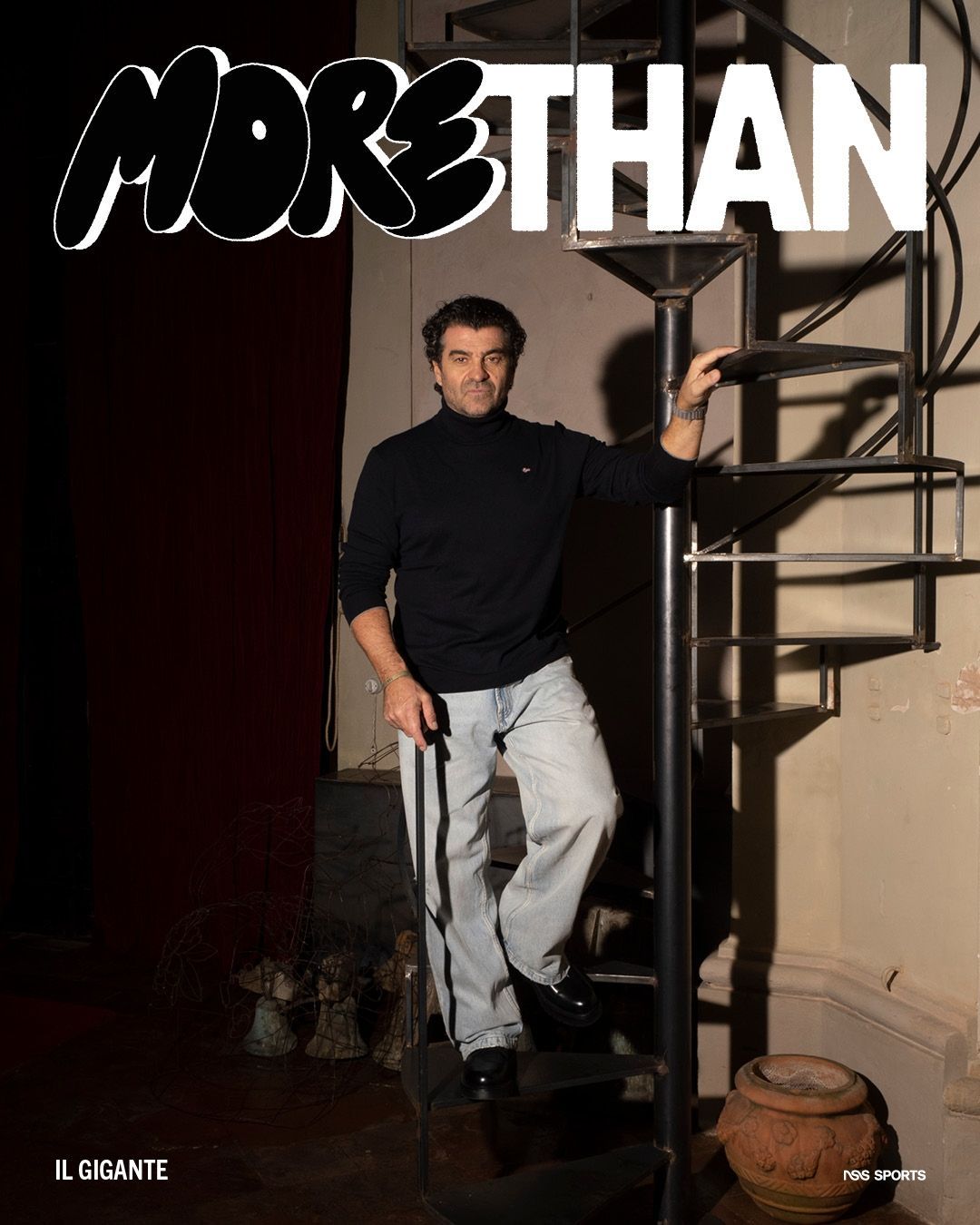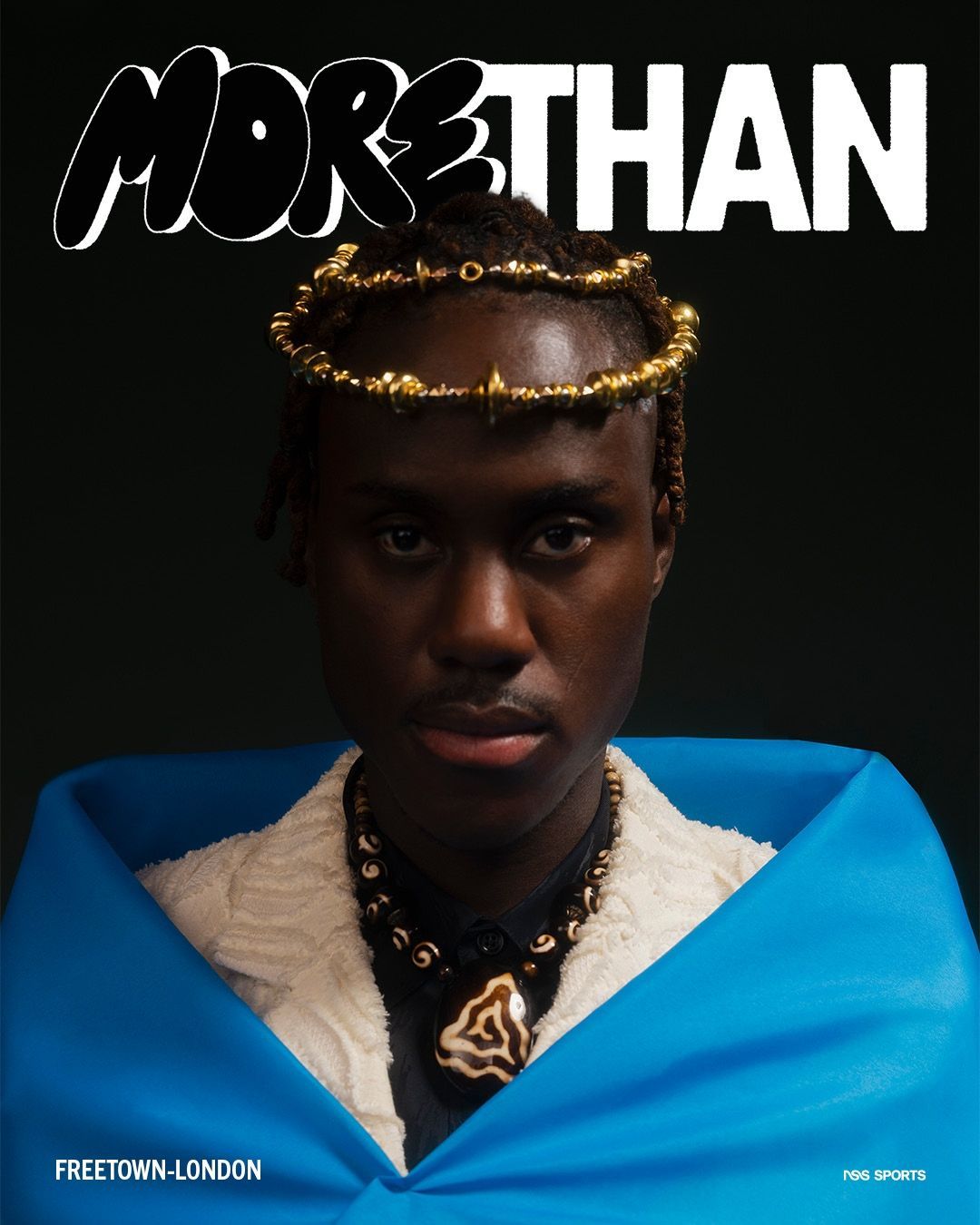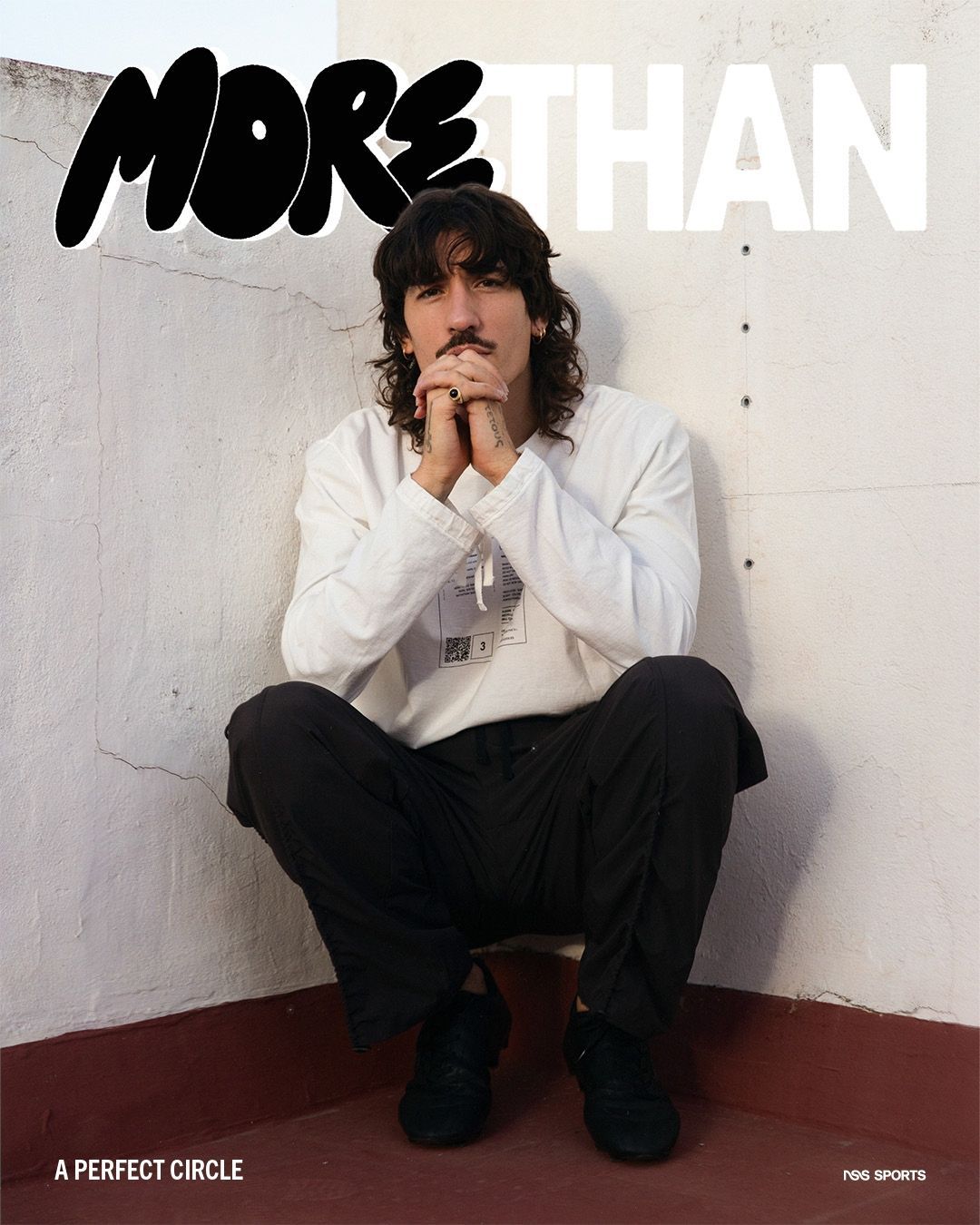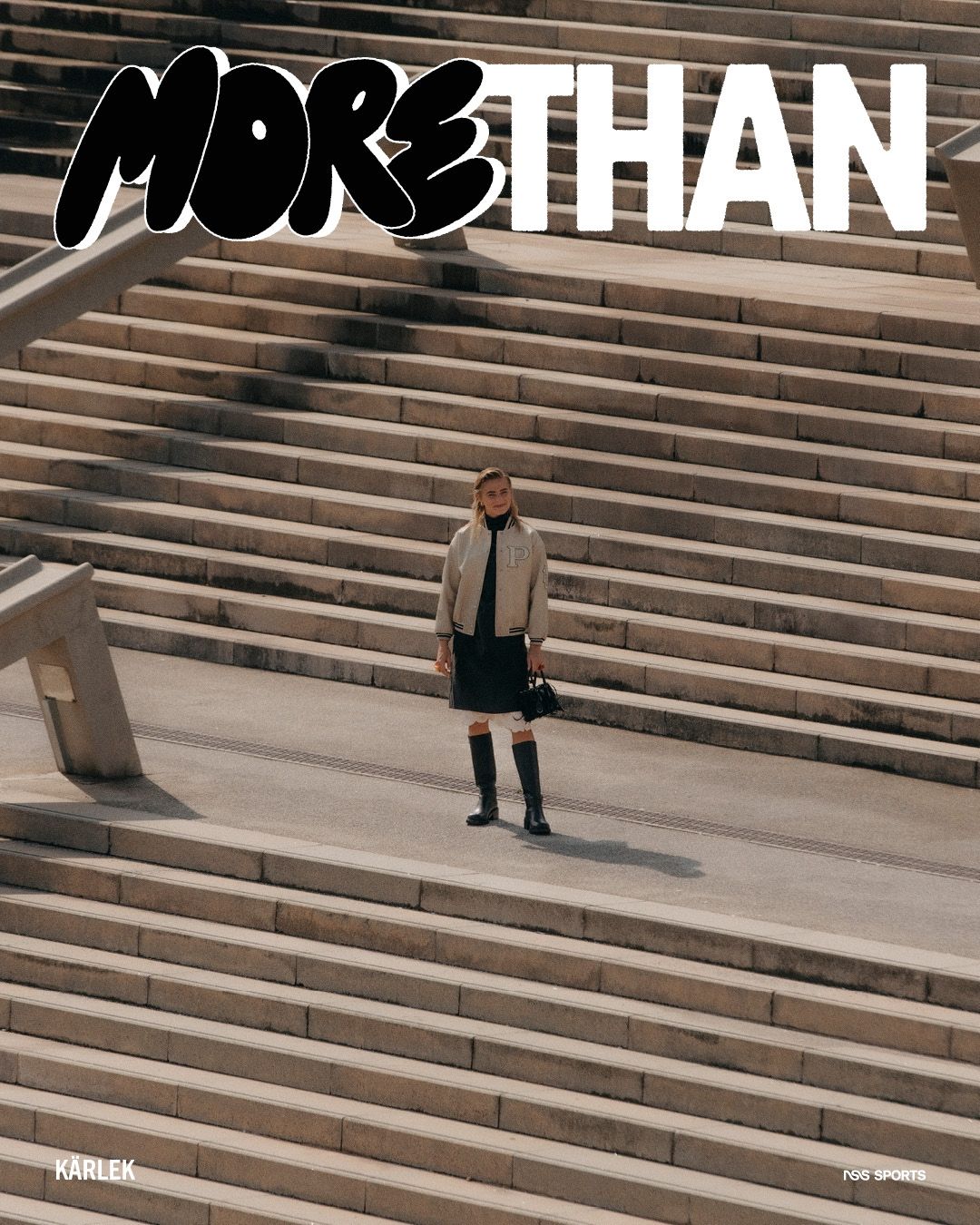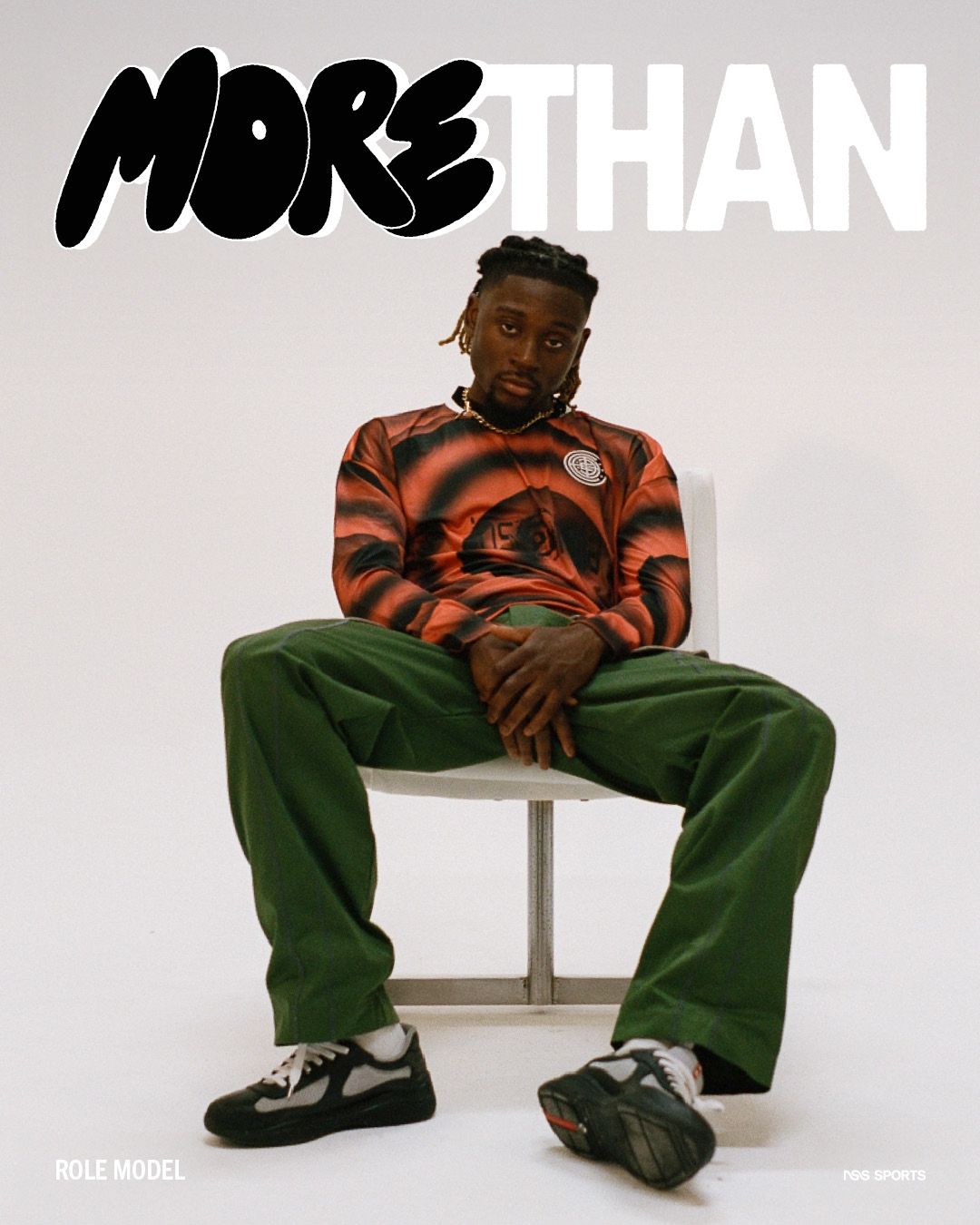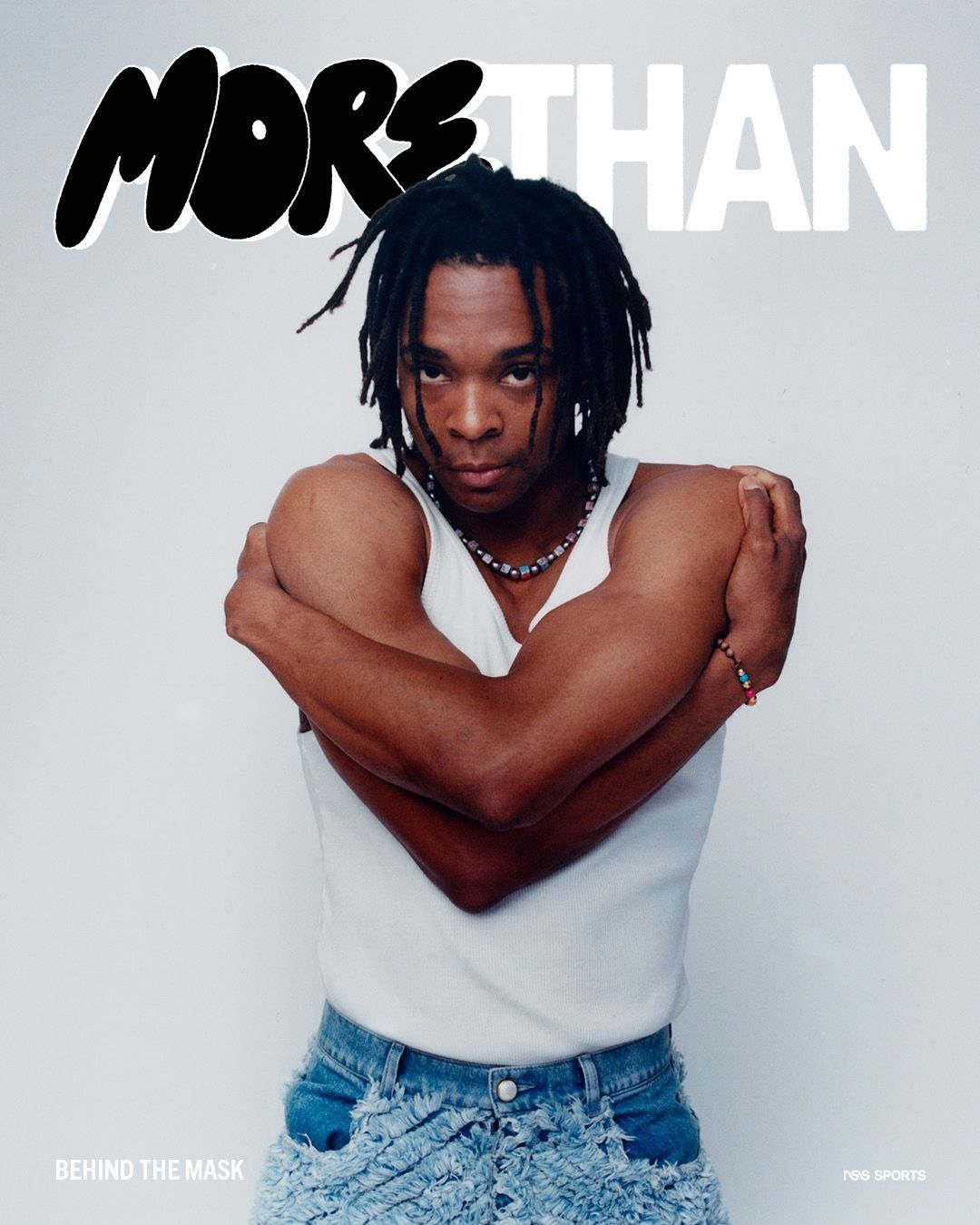
Will lifestyle brands become technical sponsors? Rumors about Manchester United's next kit supplier open up a perhaps not-so-distant future
We are now used to imagining soccer jerseys for professional teams made by the most futuristic and specialized brands in the world, which over the decades have refined their know-how to design and print the most sophisticated and high performance jerseys possible. Multinational companies such as Nike, adidas, PUMA and New Balance compete for market share through increasingly onerous contracts and ever more extreme and sophisticated merch. But what if this market was not only the prerogative of these sportswear brands but was also open to designers far from the world of soccer? The latest rumors in fact propose a non-football sponsor for Manchester United next season and the names circulating are those of Uniqlo and Tommy Hilfiger. All brands that in their history, although influenced by the world of sport, have never really faced a supply of kit for a professional soccer team.
Uniqlo, of course, has signed a ten-year contract with Roger Federer for 300 million dollars, replacing Nike, previous technical sponsor of the Swiss star, and would find in soccer an extraordinary vehicle to strengthen its brand in the European market. It would not be the first time that the Japanese brand tries to conquer the sponsorship of the Red Devils' jersey, a similar attempt had already happened in 2014 when United had just ended its long relationship with Nike. At that time Uniqlo was beaten on the wire by adidas, with whom Manchester United signed a ten-year contract until 2025, but a comeback cannot be ruled out. Similarly, Tommy Hilfiger would also be interested in acquiring one of the most recognizable sports brands of the Old Continent. Despite its less than excellent sporting results, Manchester United has remained one of the clubs with the greatest commercial and reputational power among its competitors, as confirmed by the recent Football Money League compiled by Deloitte.
Tommy Hilfiger has no experience as a supplier for teams or individual athletes, unlike Uniqlo, which in addition to the tennis phenomena Federer and Djokovic has recently created the uniforms of the Olympic Games for the Swedish national team. Certainly Manchester United is a challenge on a very different scale, but it would not be the first time that a non-sporting brand enters this world. The most recent case is that of Napoli, who chose EA7 as their jersey supplier for the current season and with whom they agreed a rather unusual business plan with as many as 15 jerseys released. Eventually, other non-sporting brands could also undertake a line of product and communication that is a profound break with what is now the customary in the world of football.
The time is right for there to be greater diversity in the supplier kit market after years of undisputed domination by the superpowers, and if on the one hand we are experiencing a rediscovery of small and local brands, at the same time the increasing impact of fashion on soccer could soon bring a breath of fresh air to the landscape. We will see if the points of contact between fashion houses and football clubs will not remain limited to the off-field, between collaborations and tailoring clothes to accompany the players in official events, but if they will also enter the field of play as kit suppliers for the most important teams in the world.

